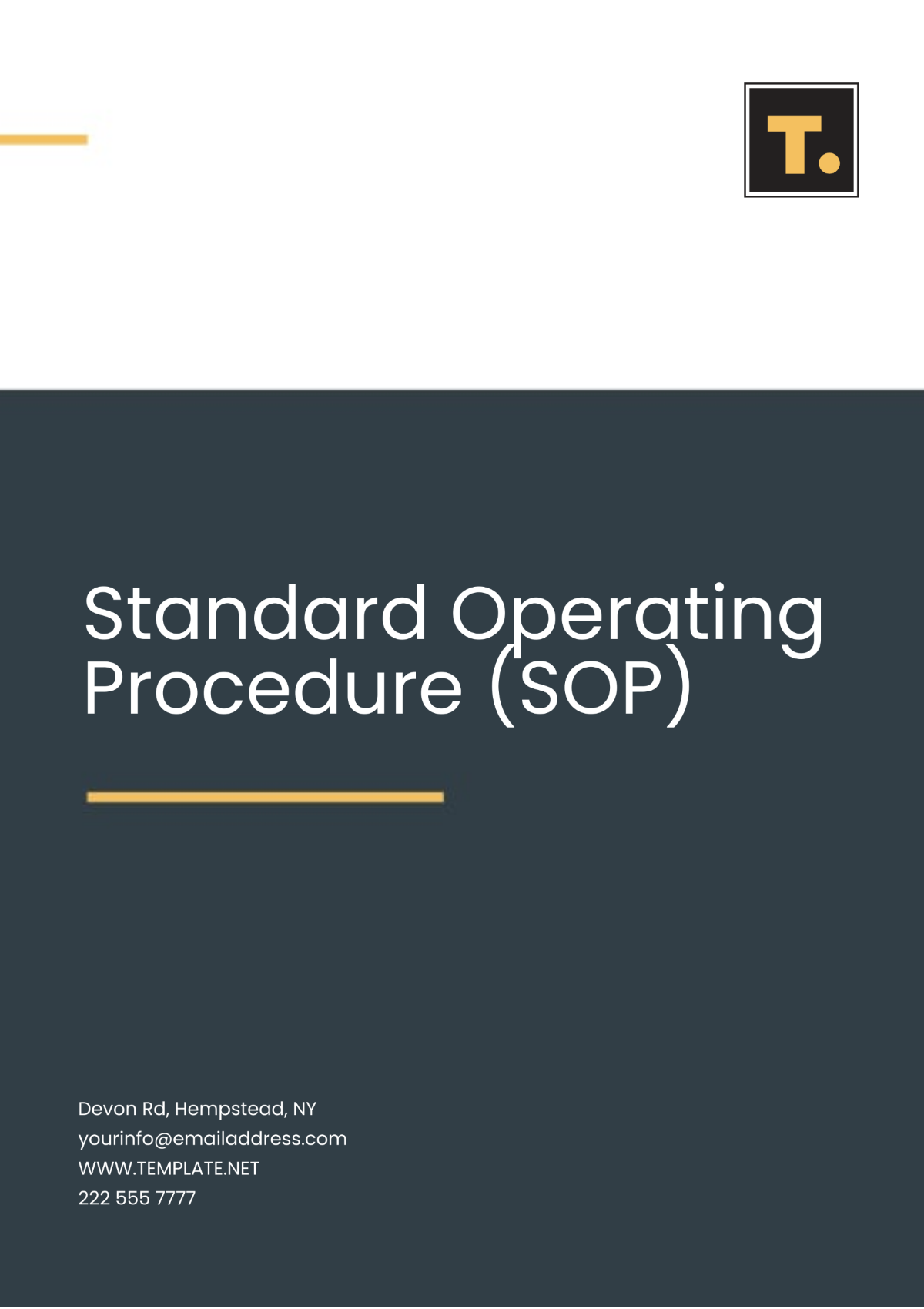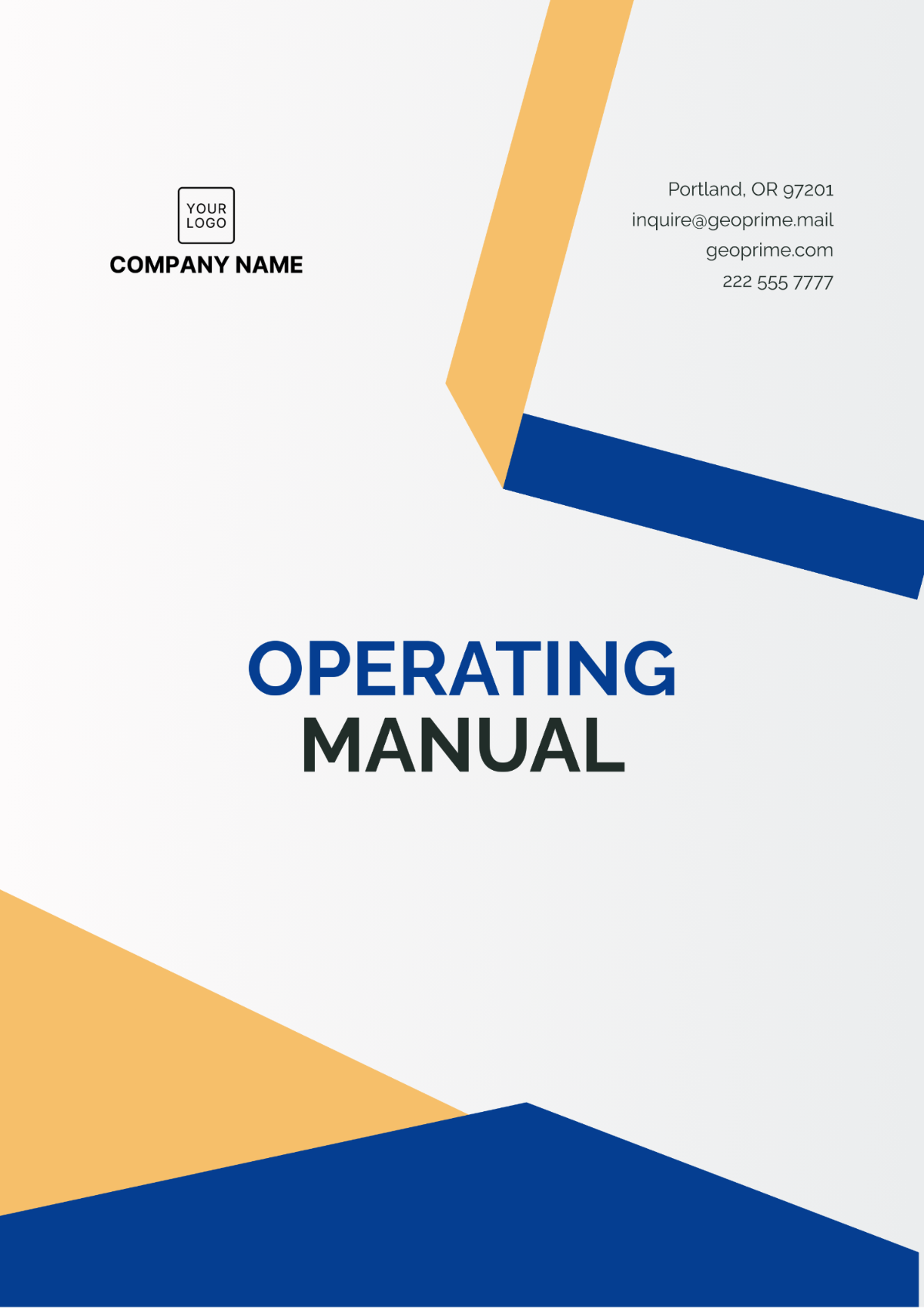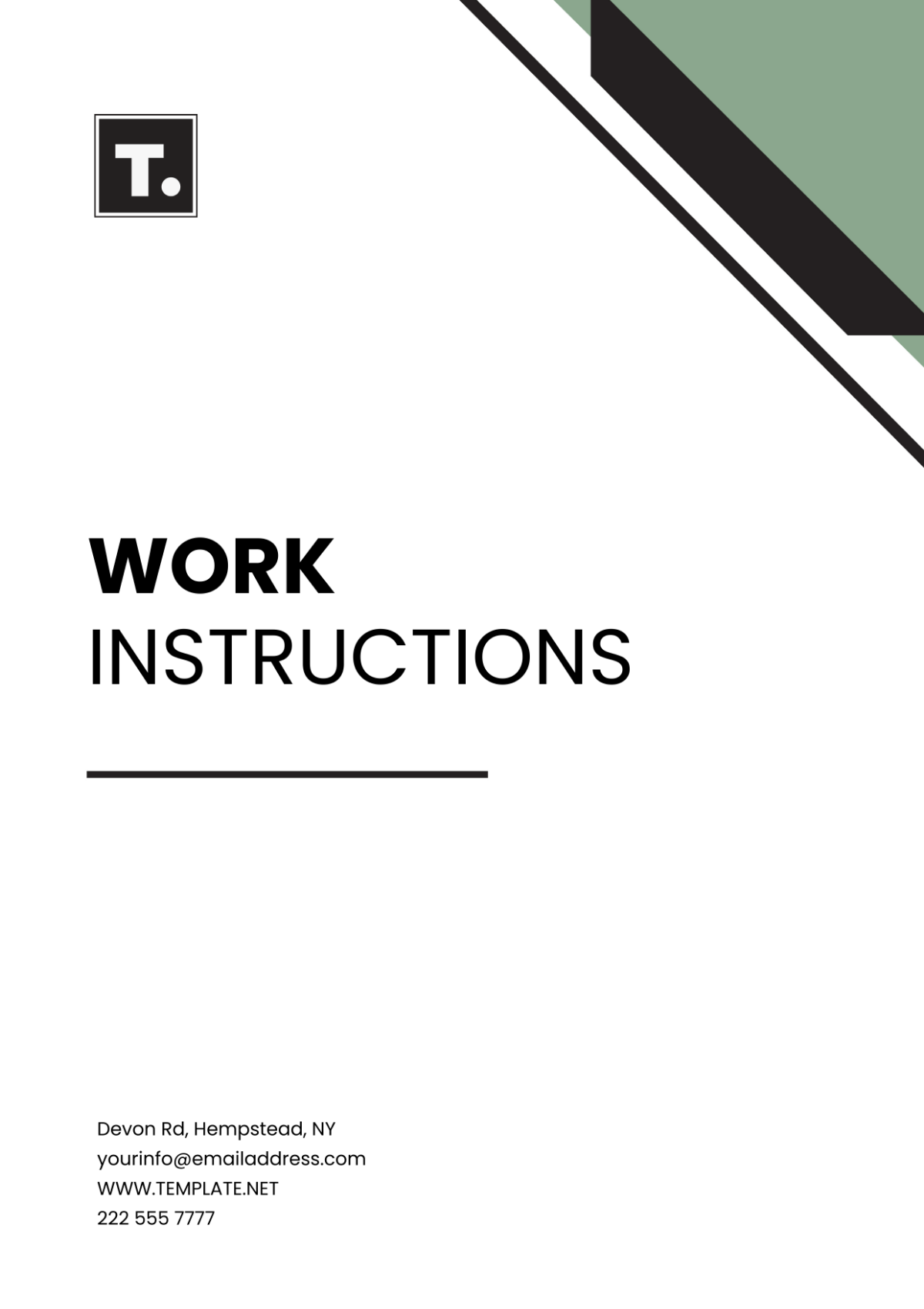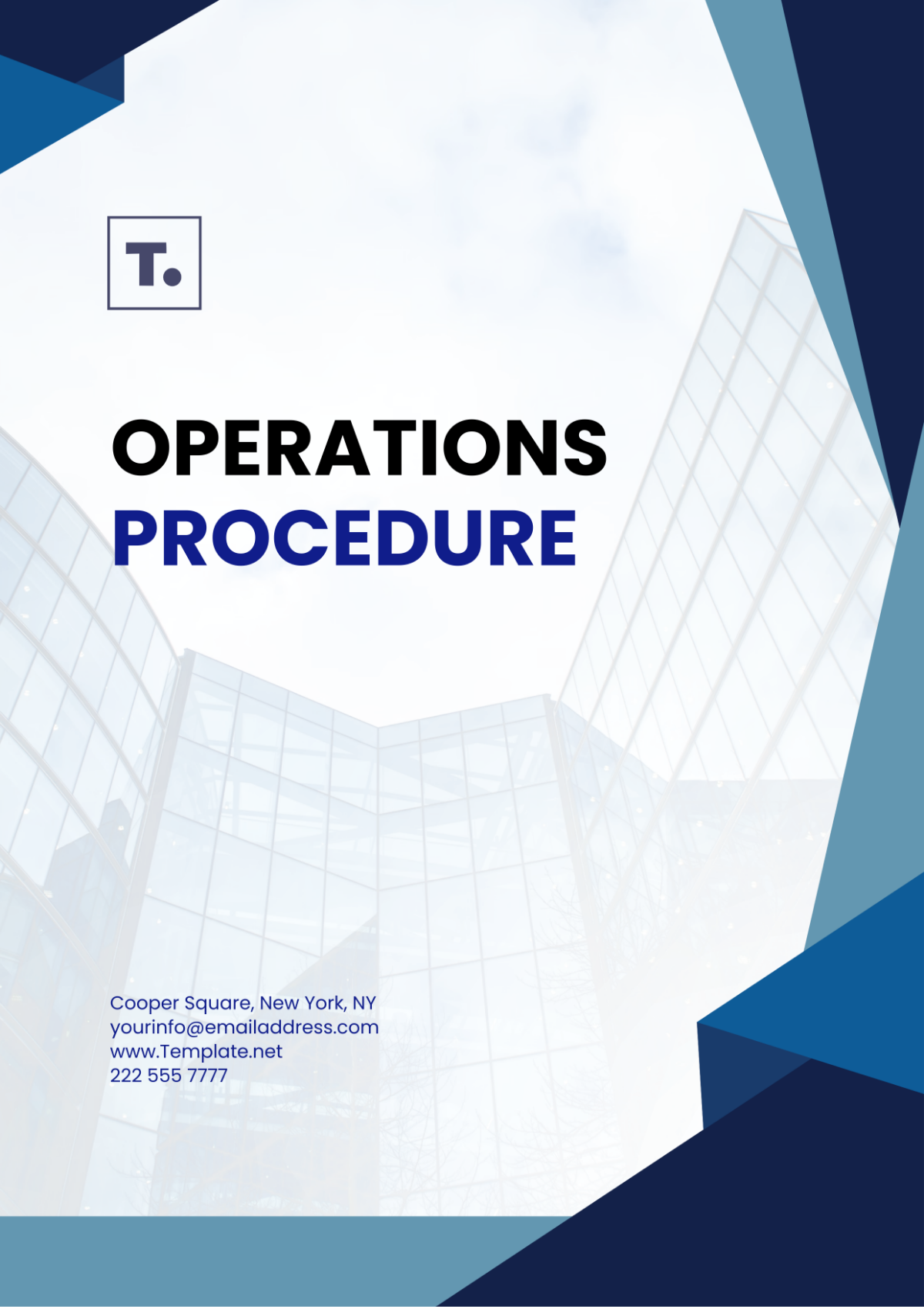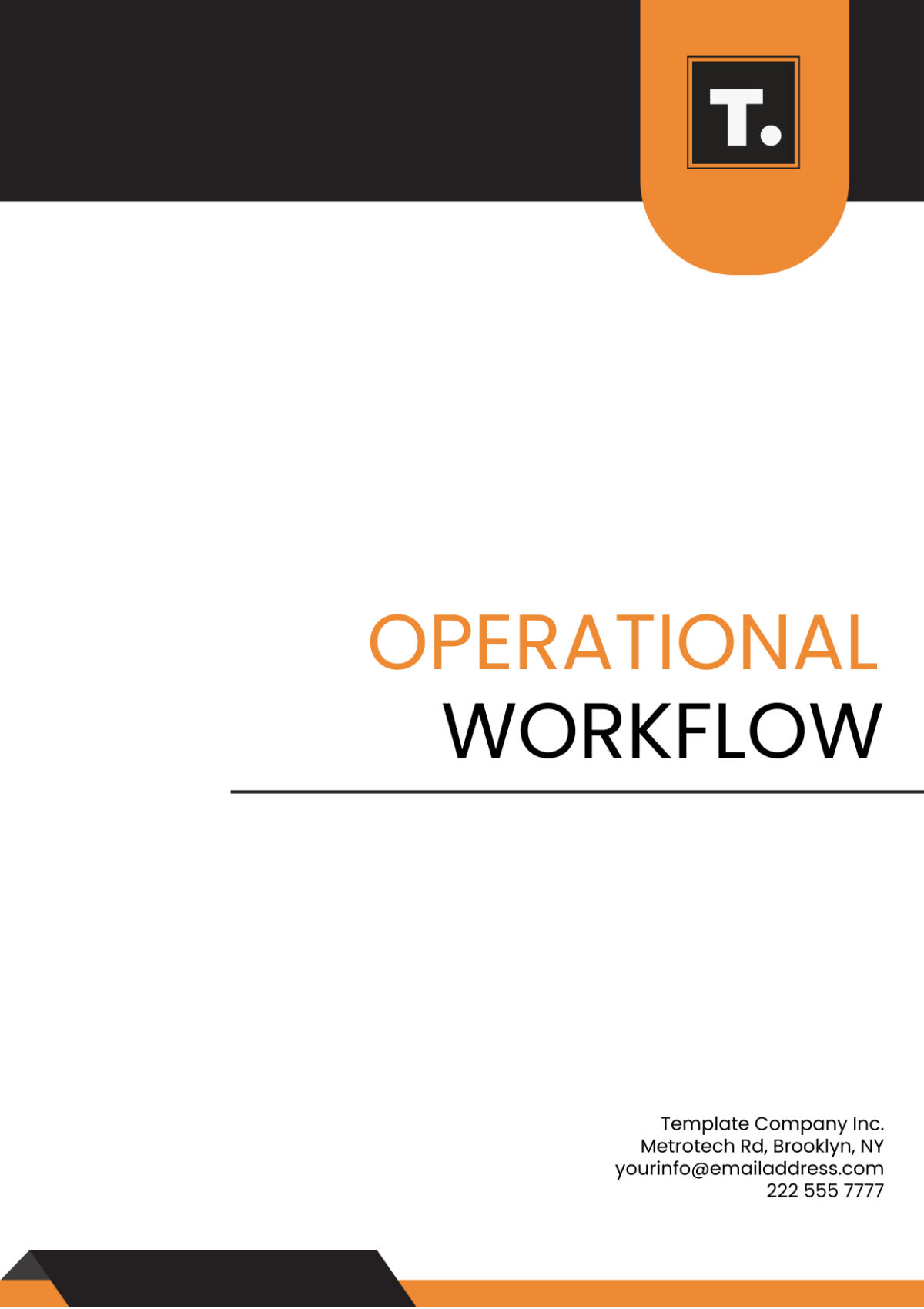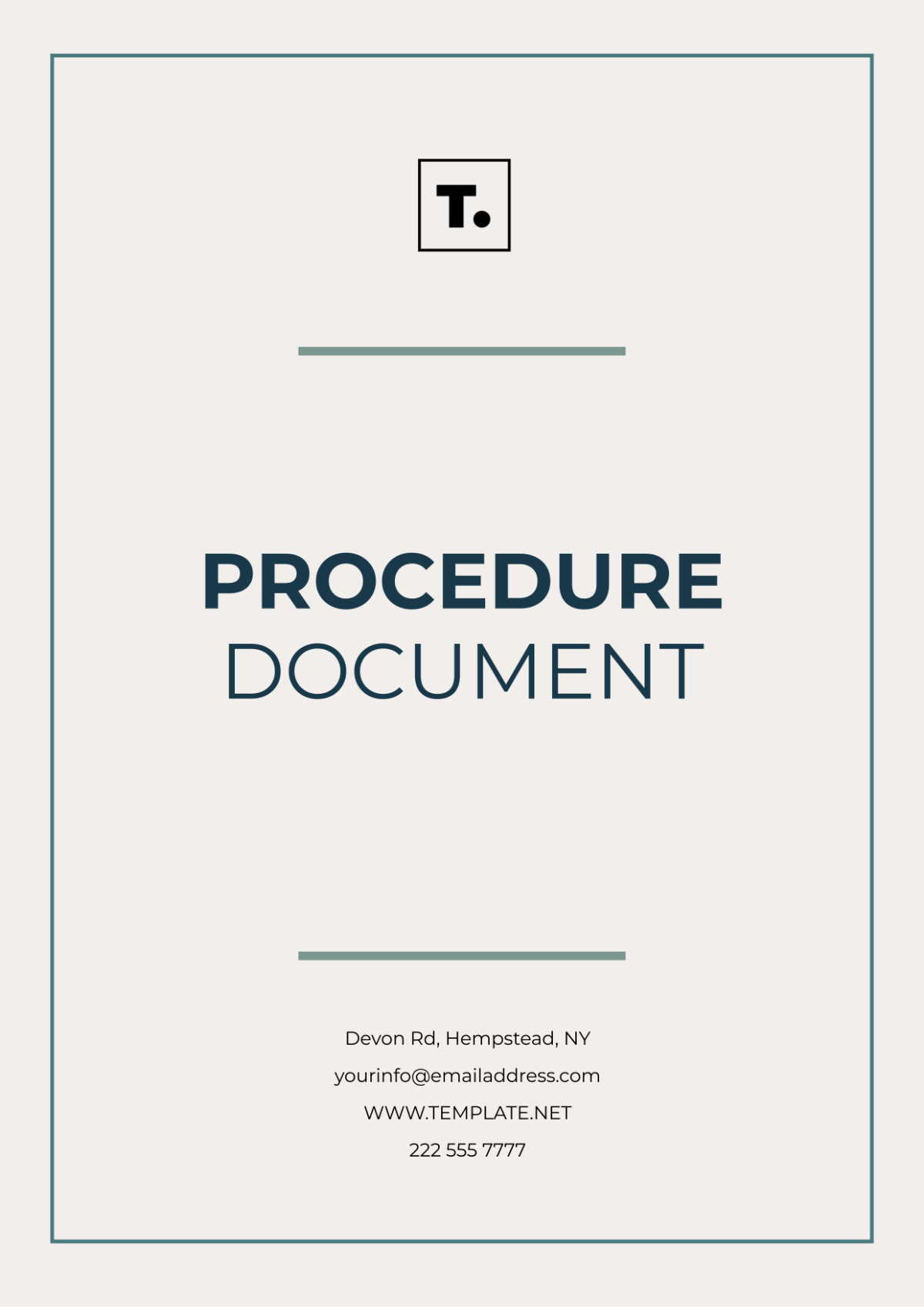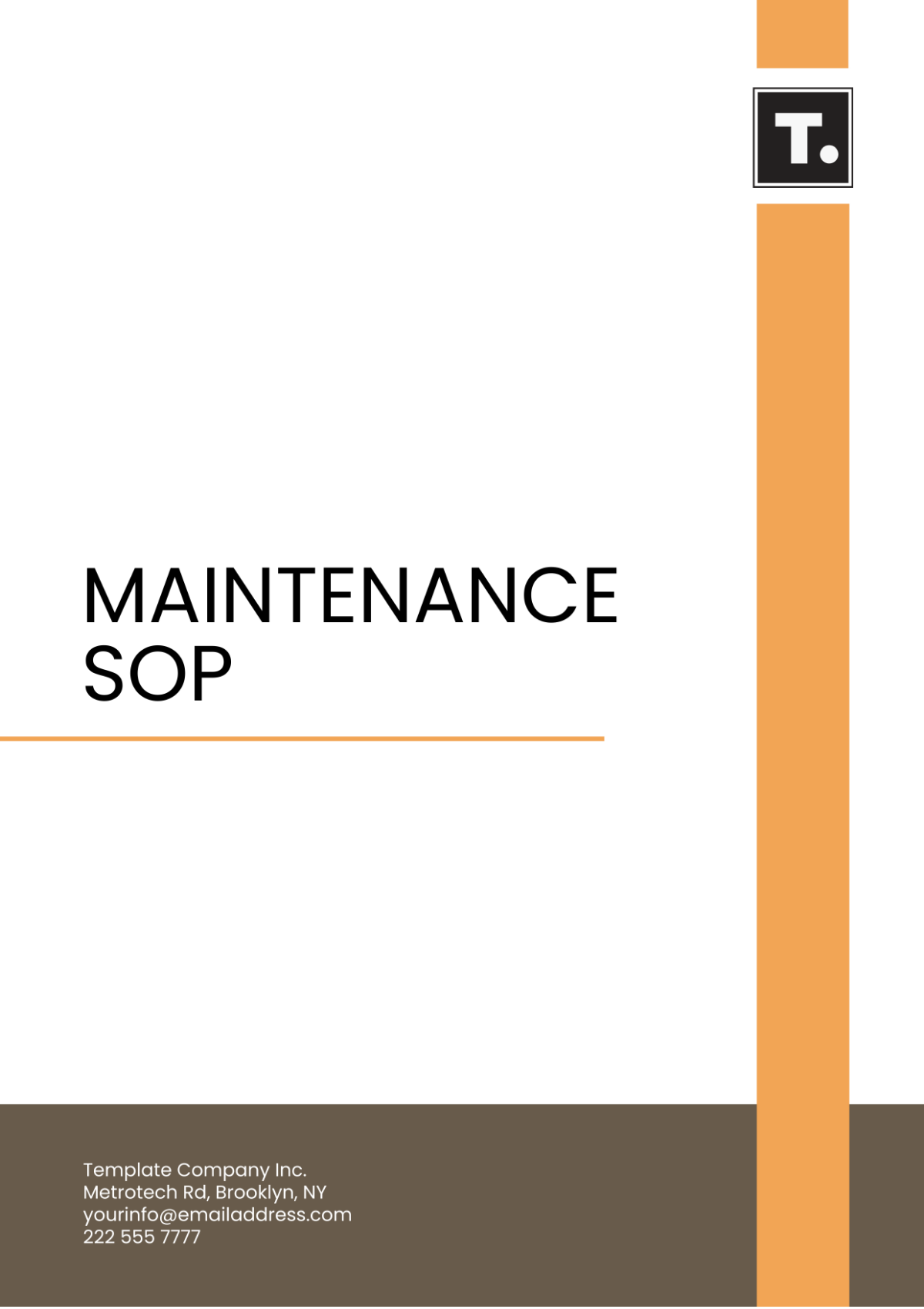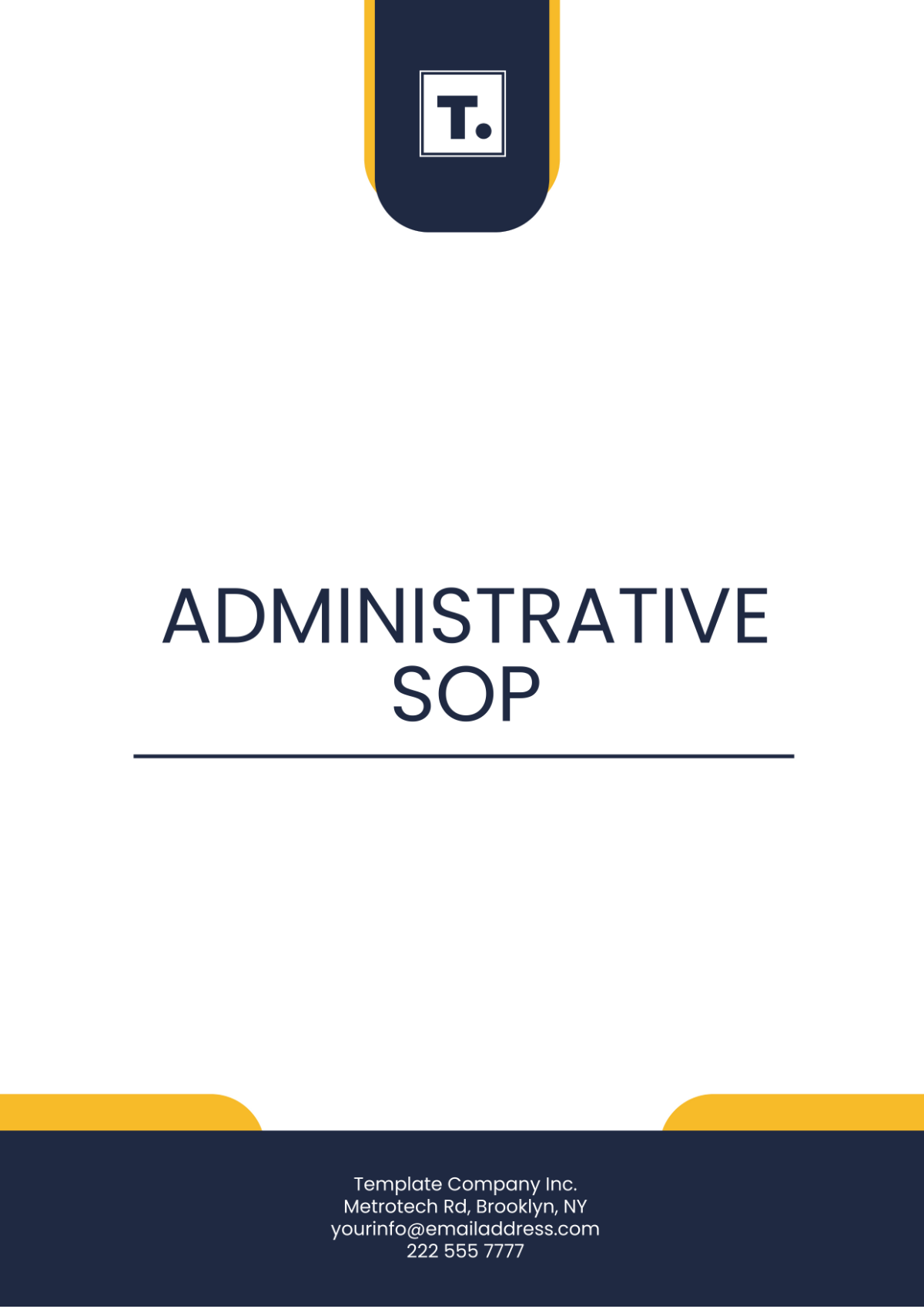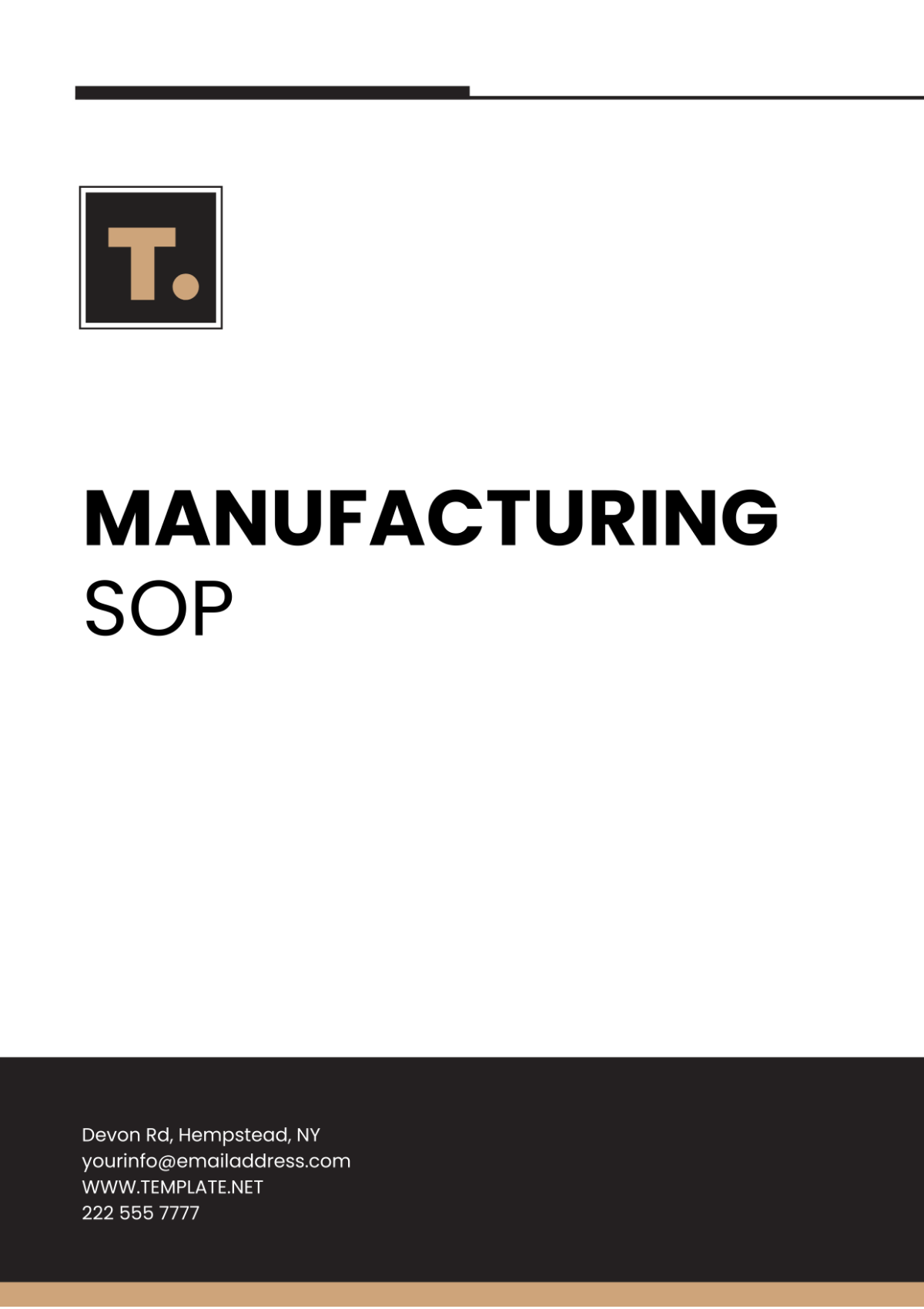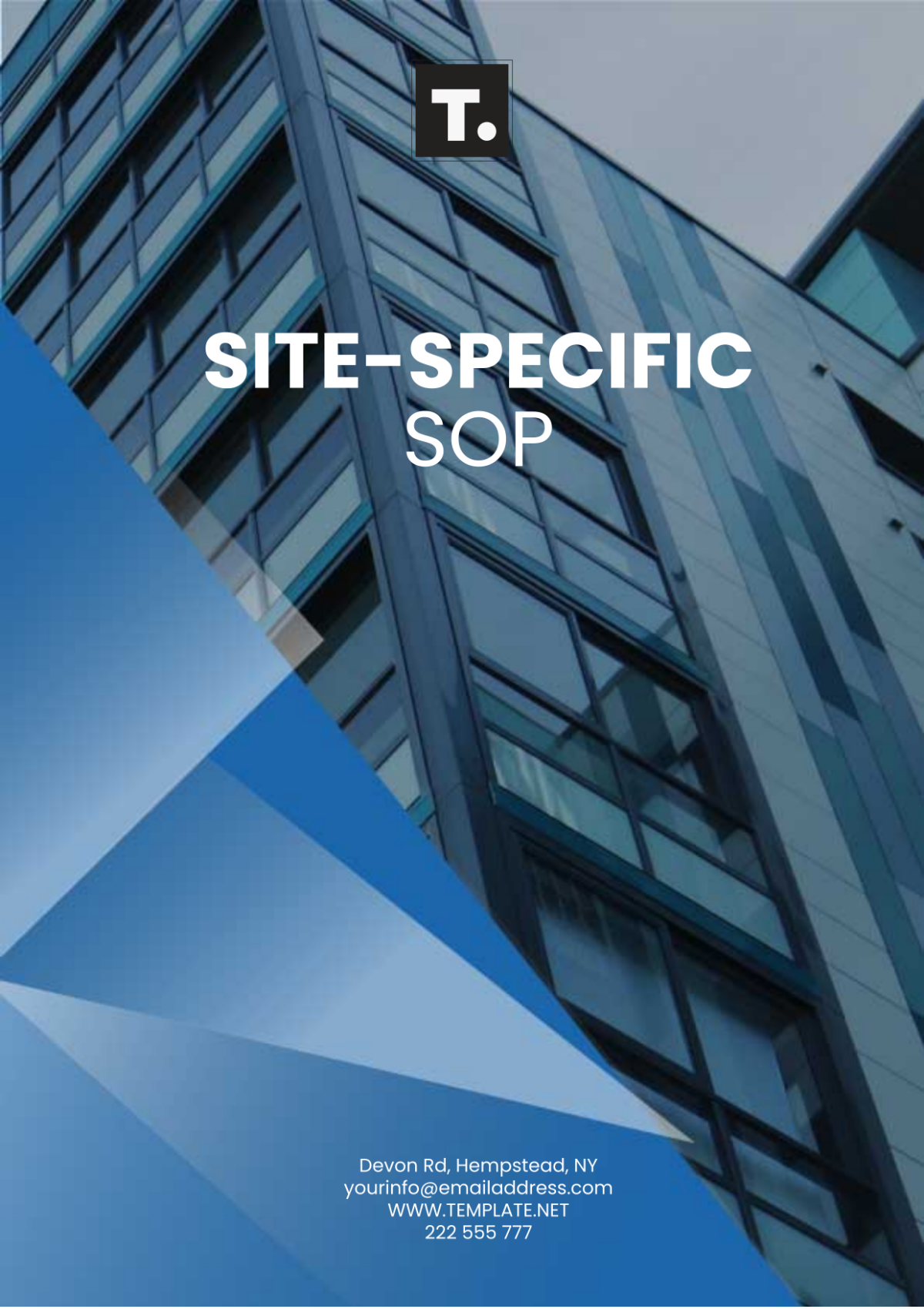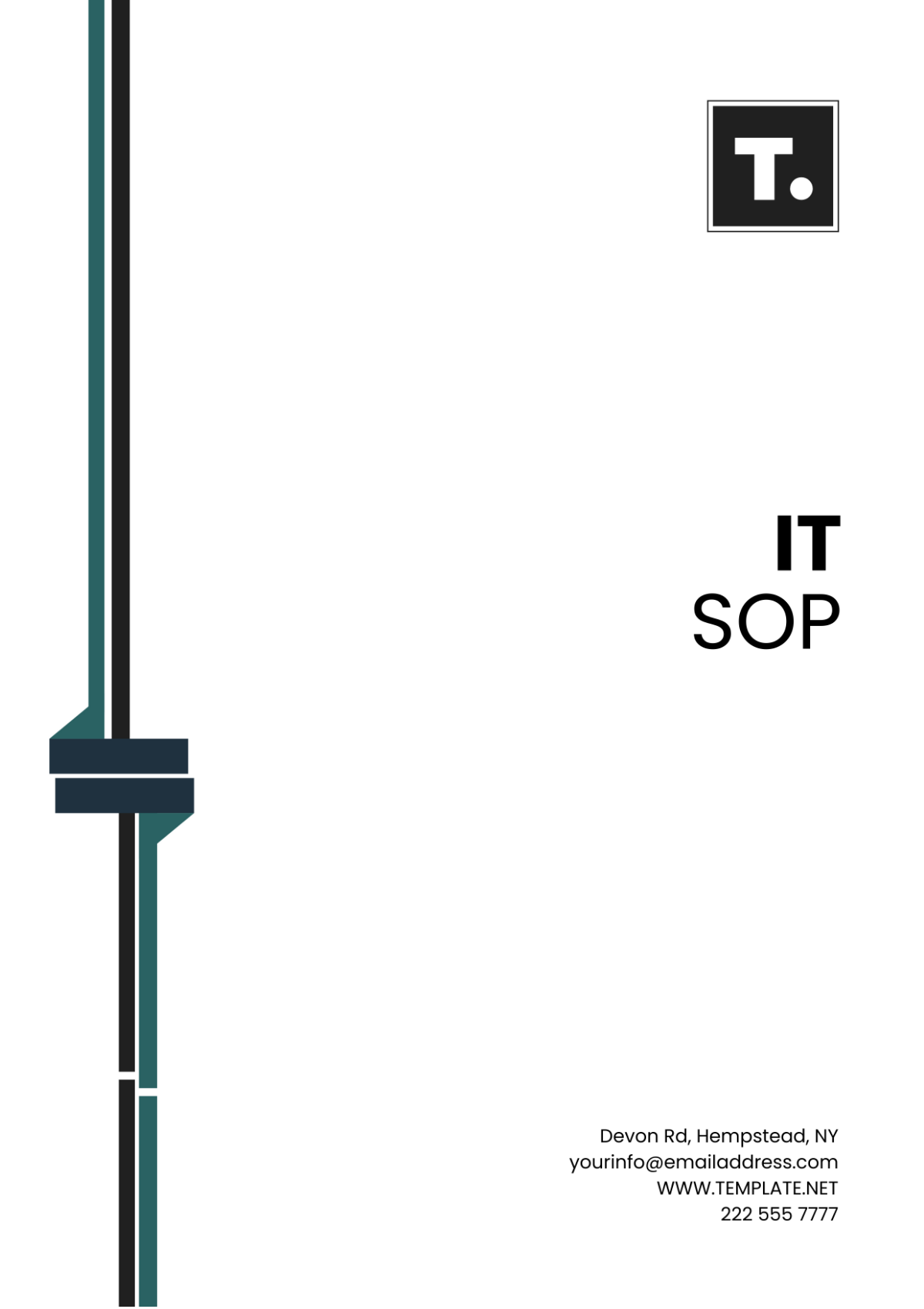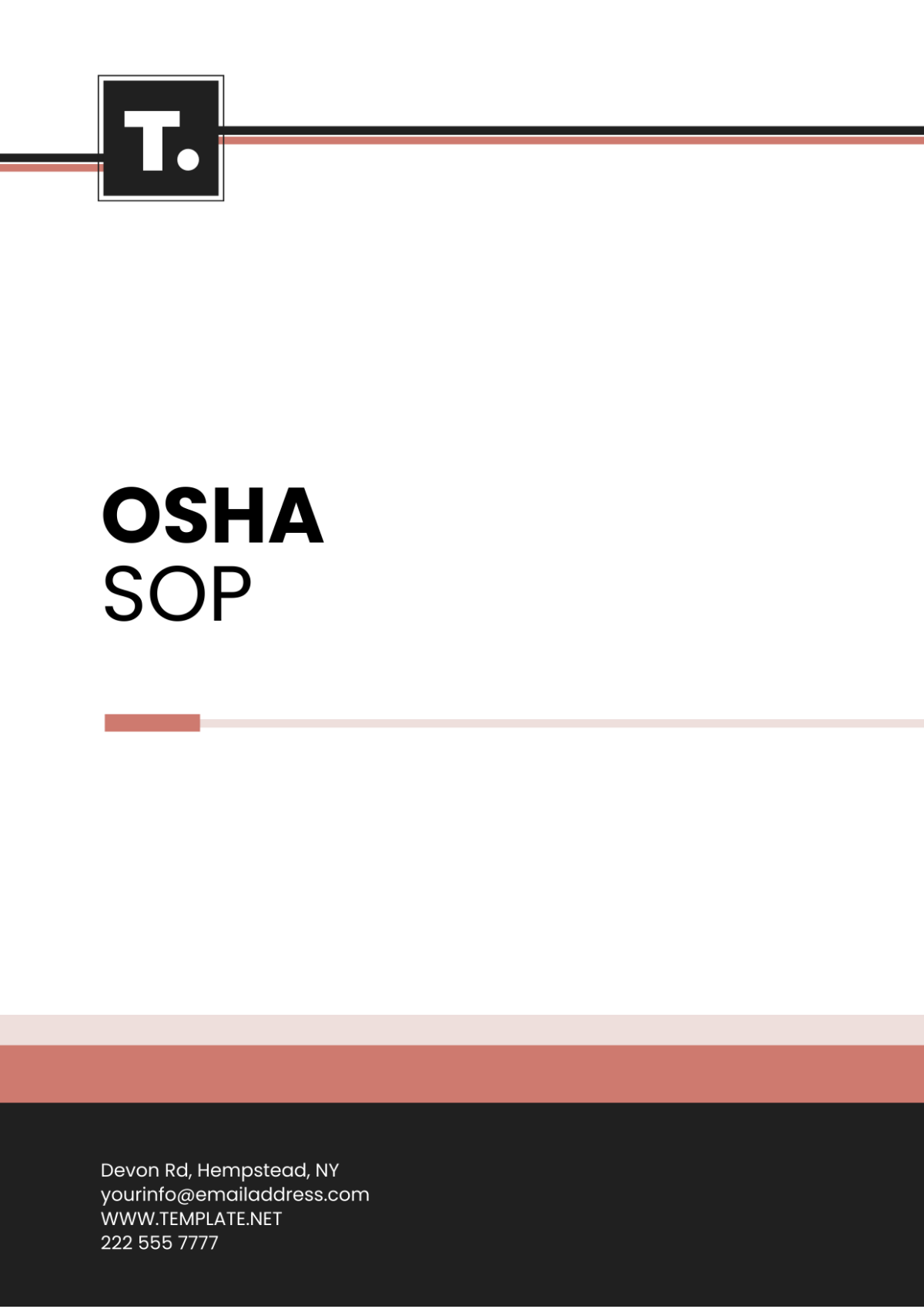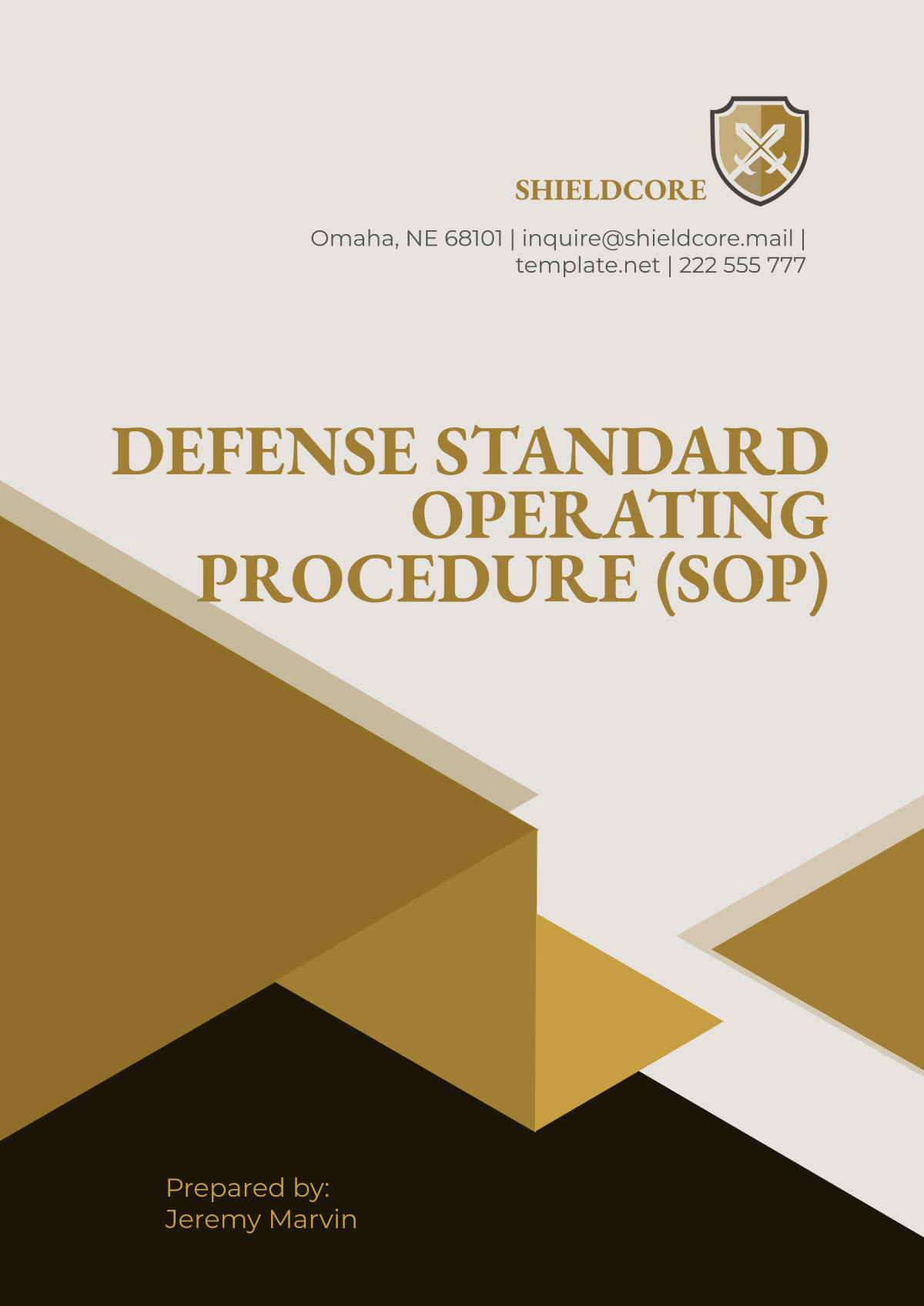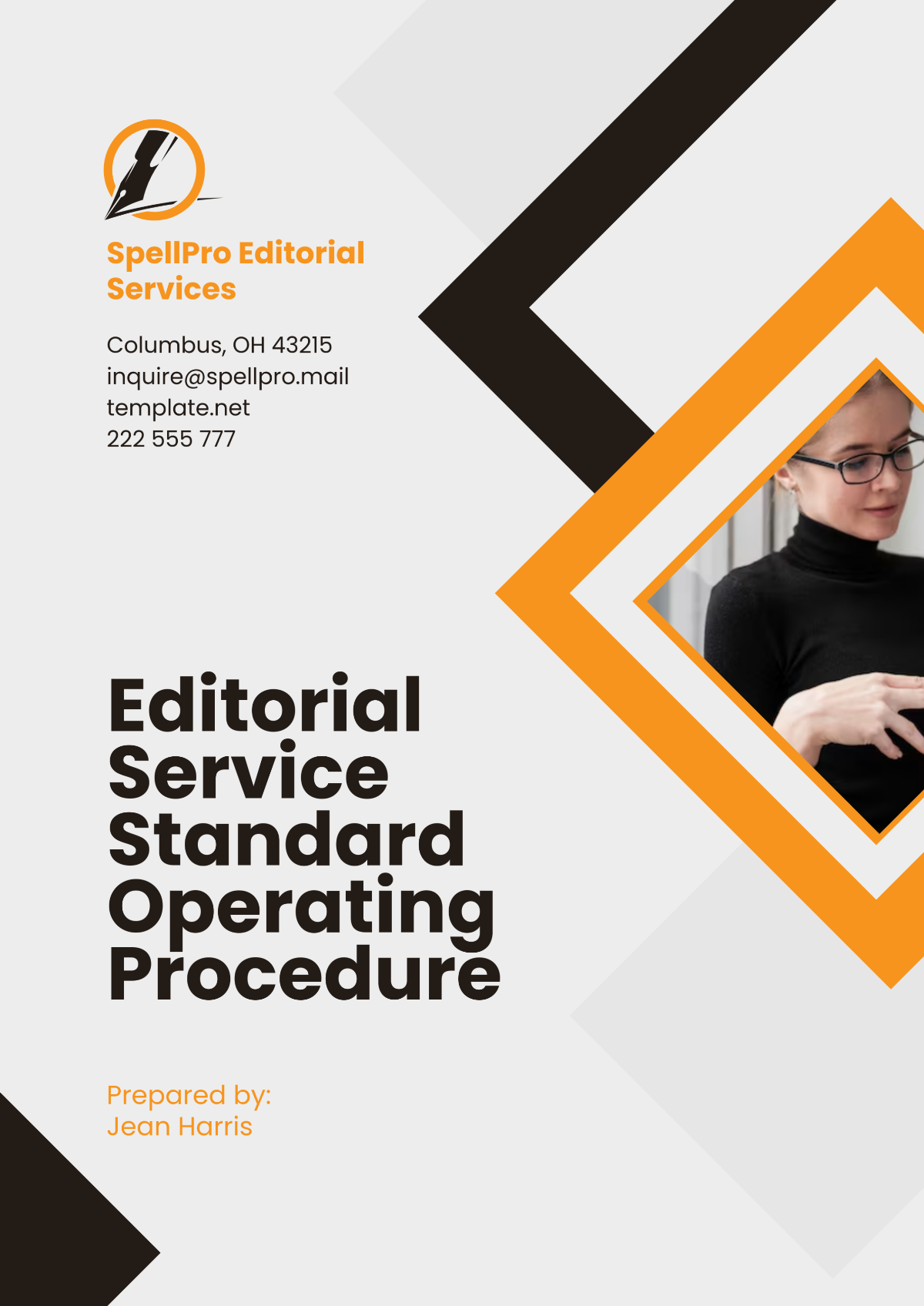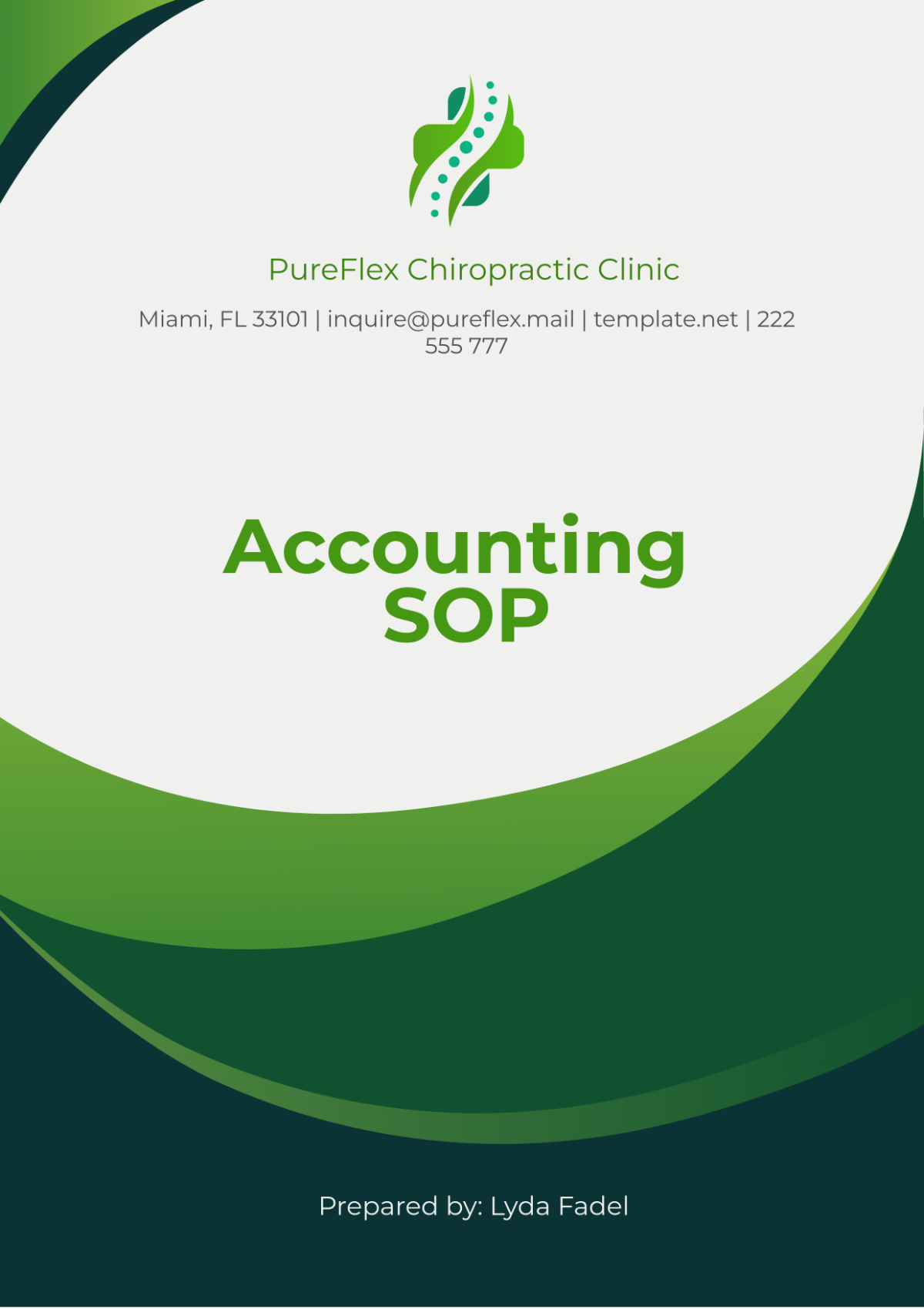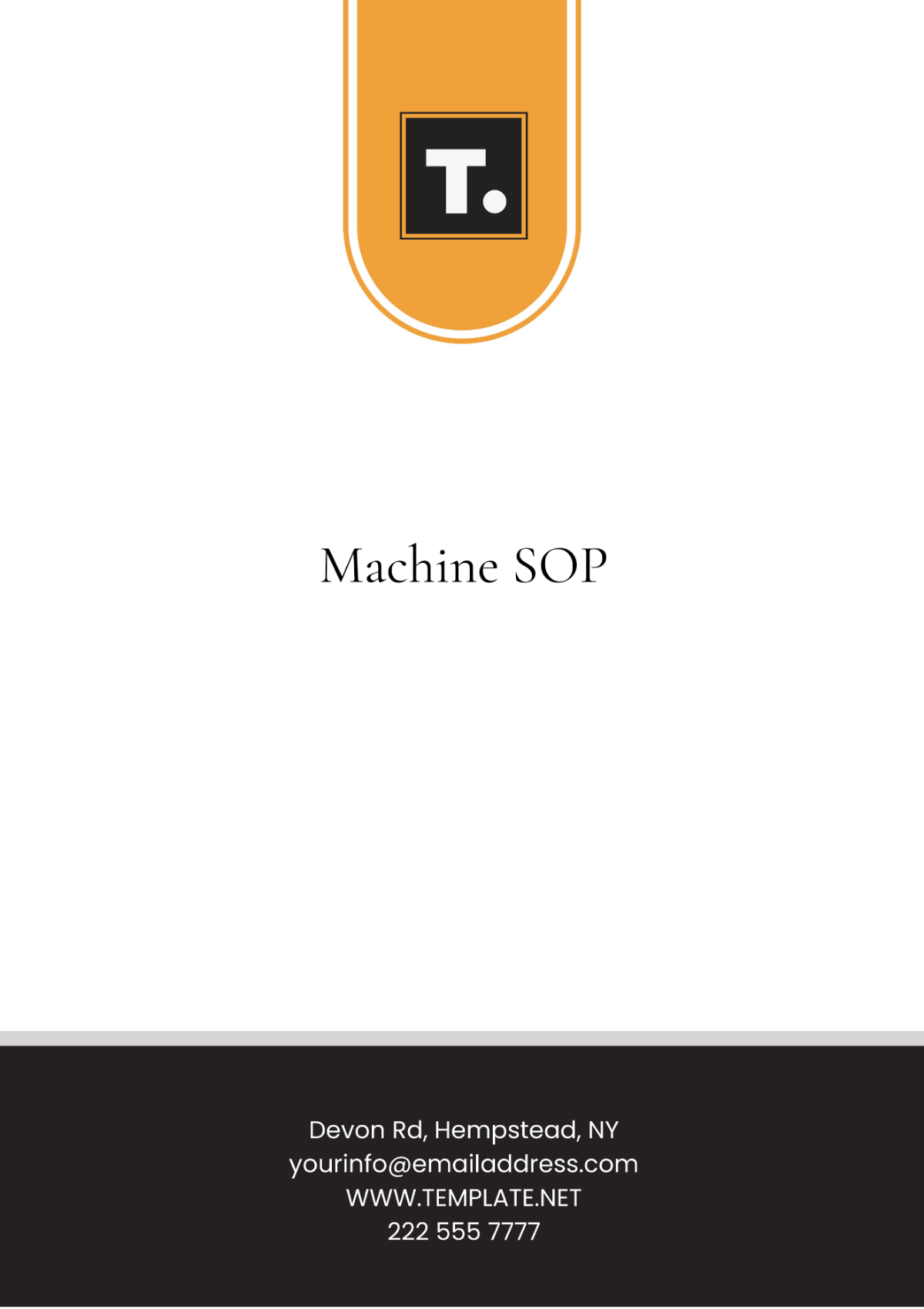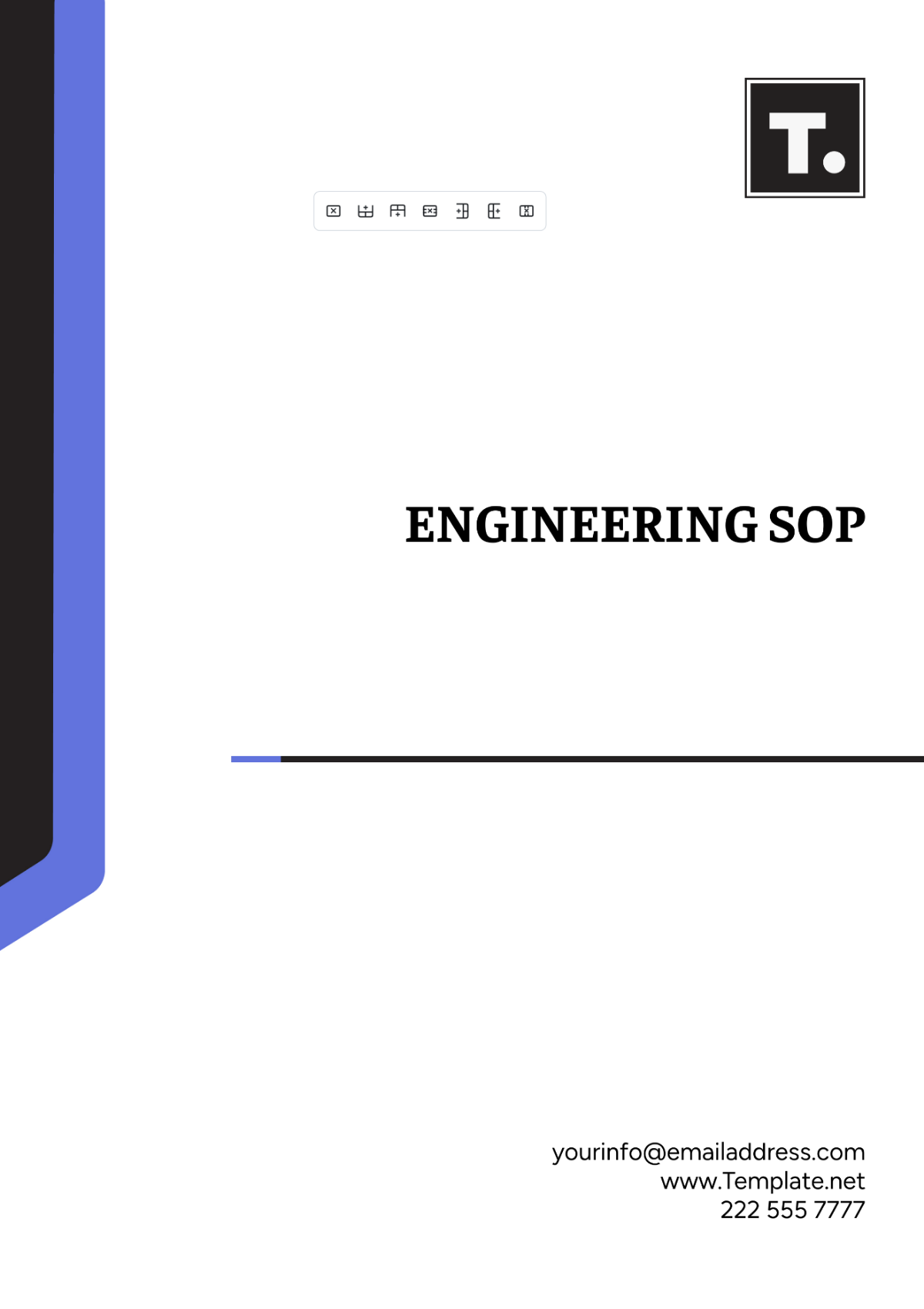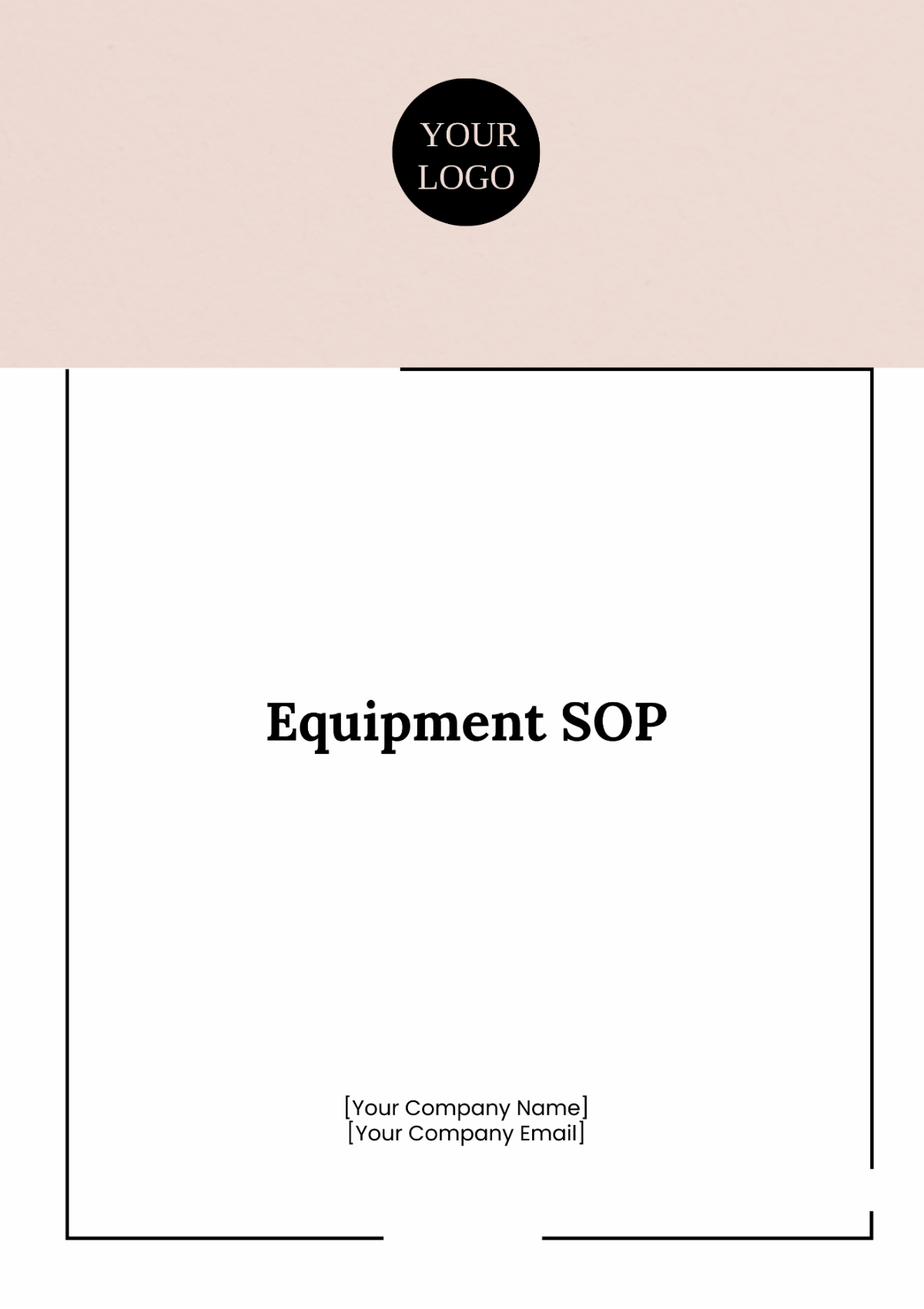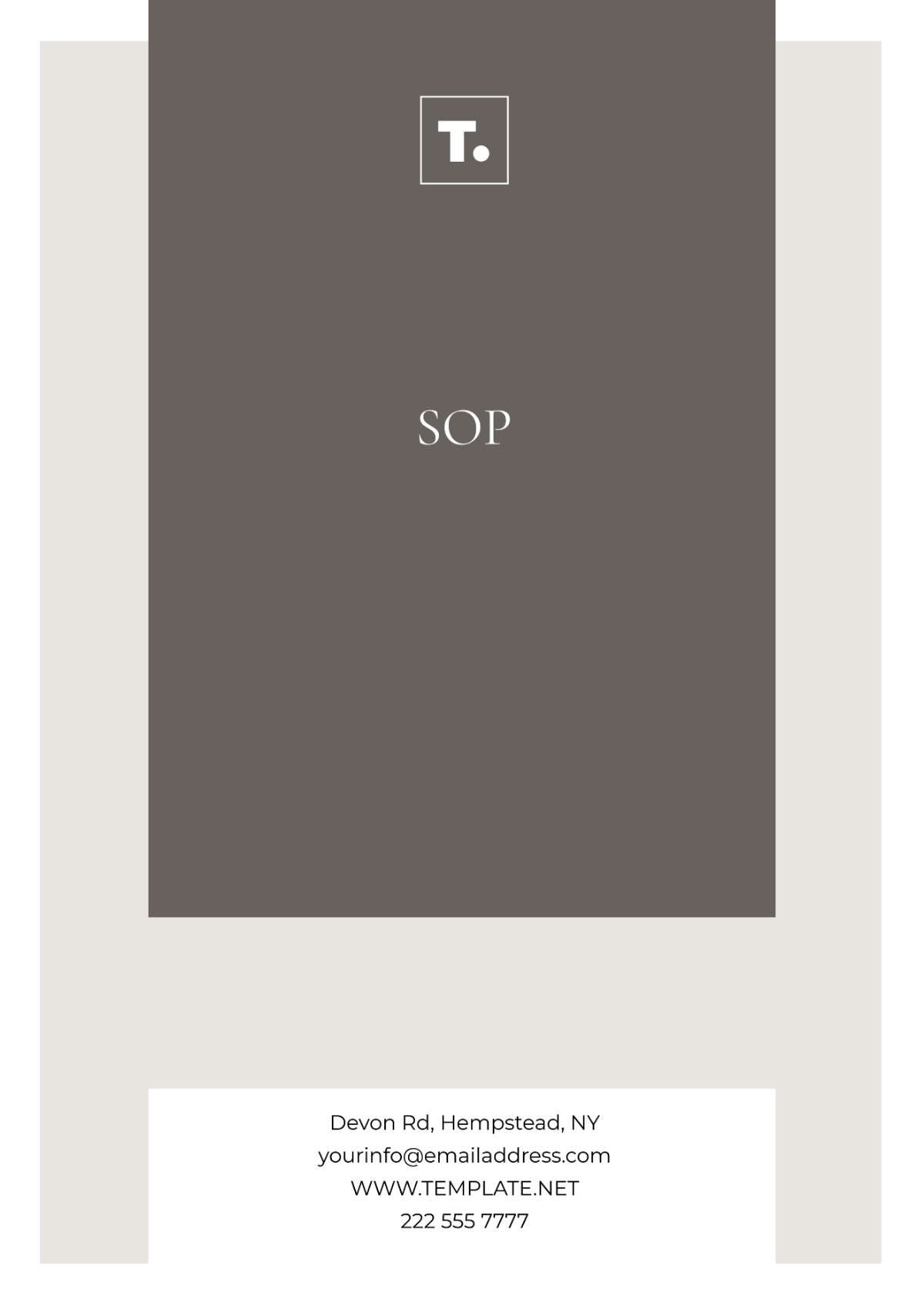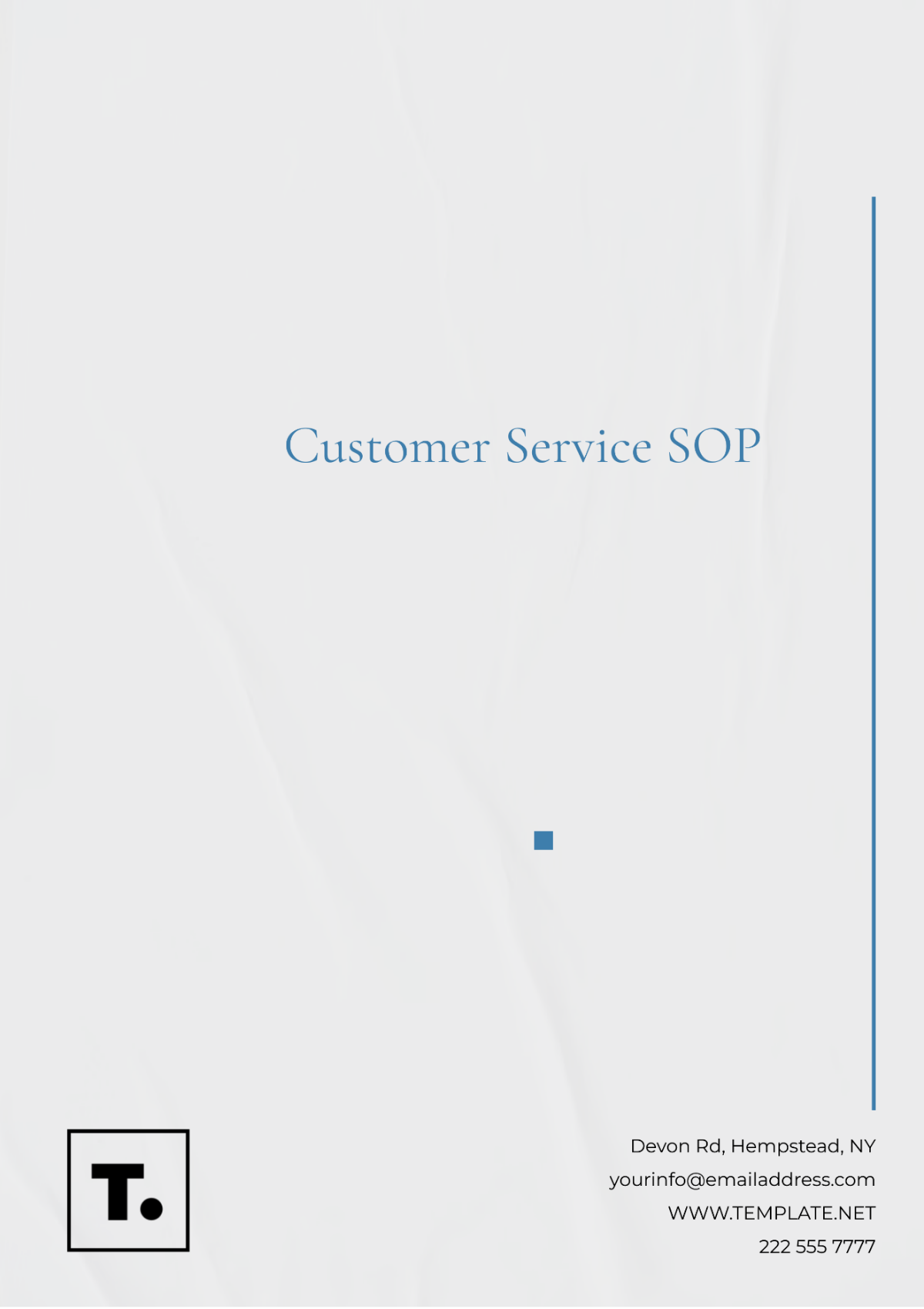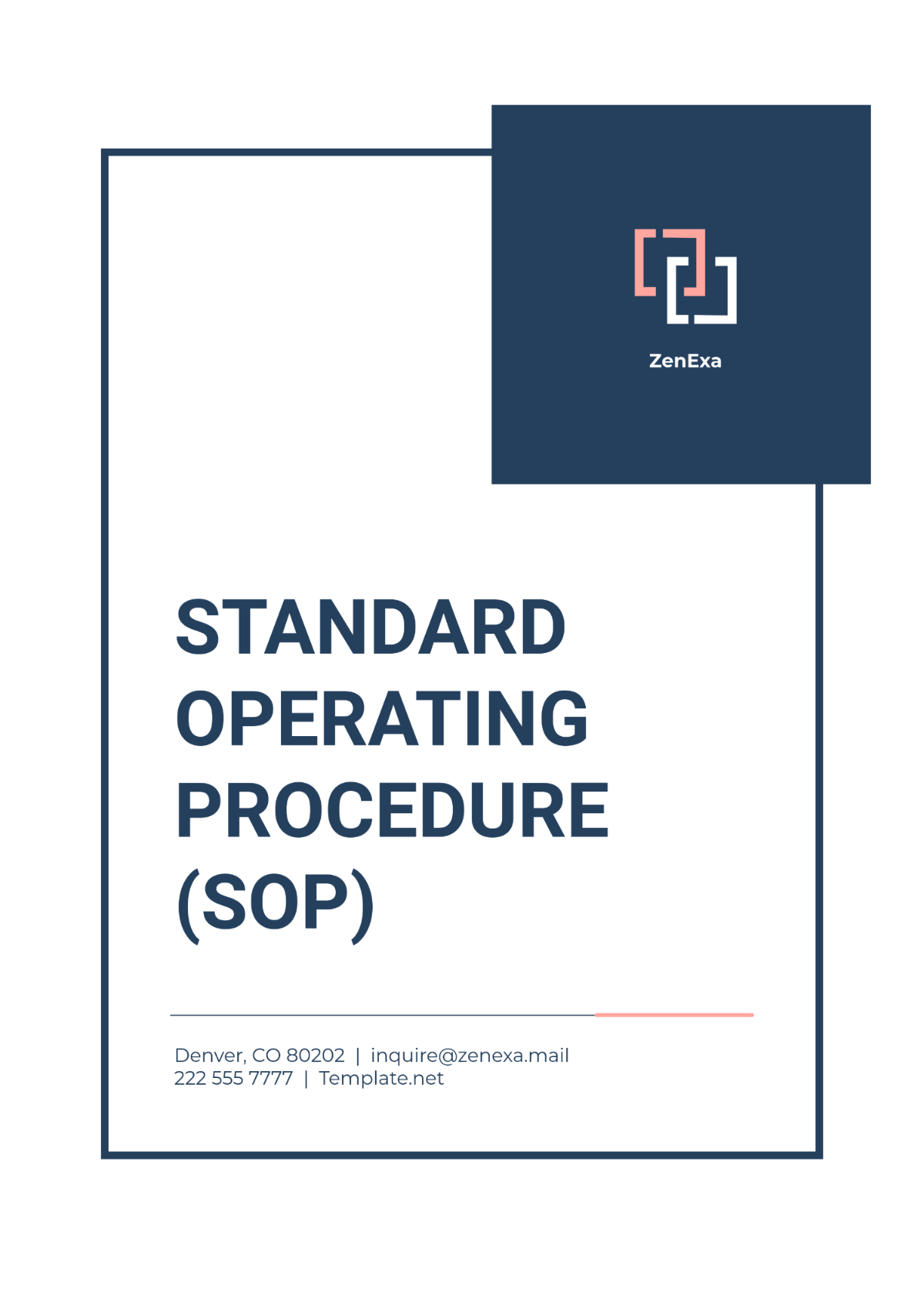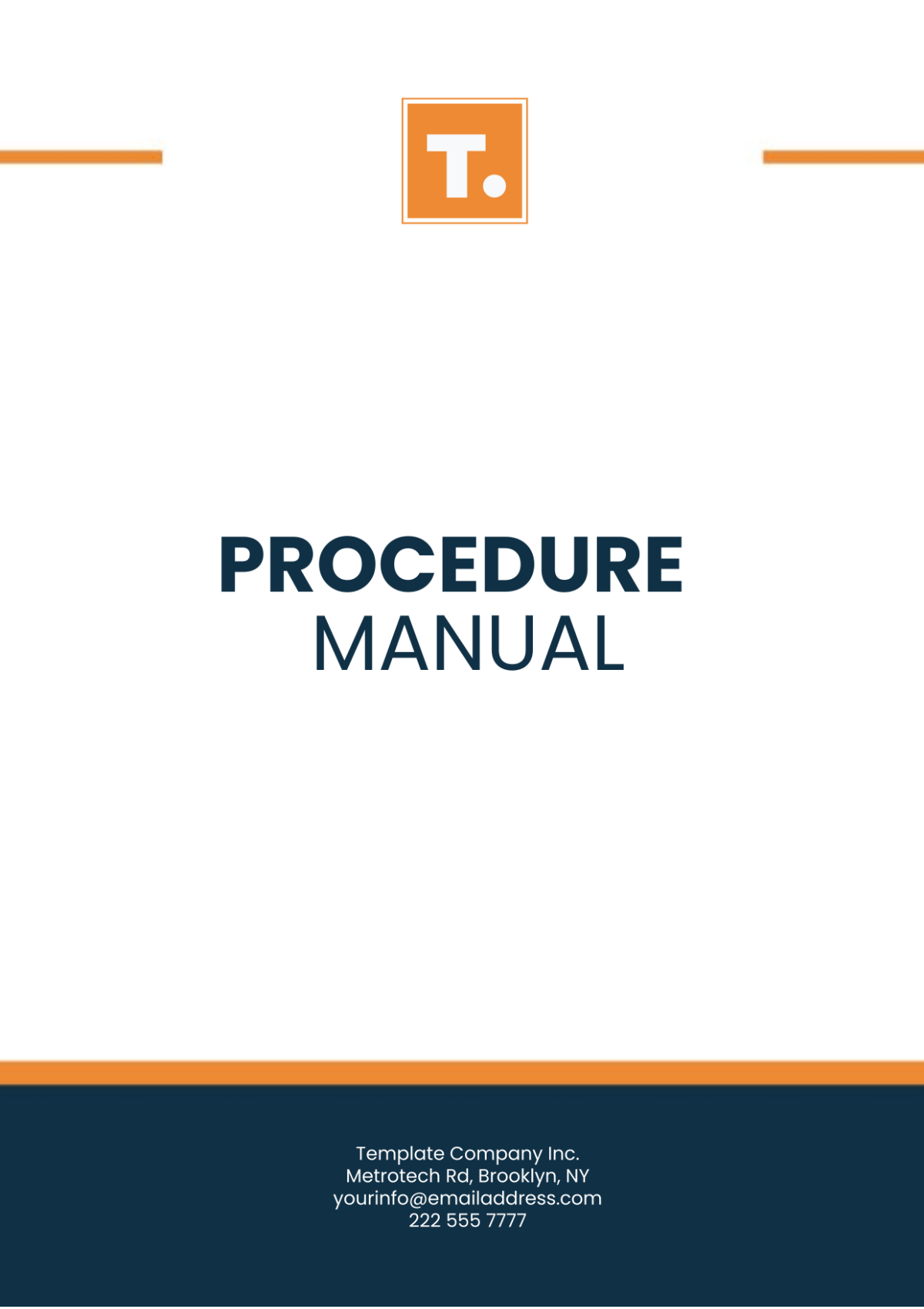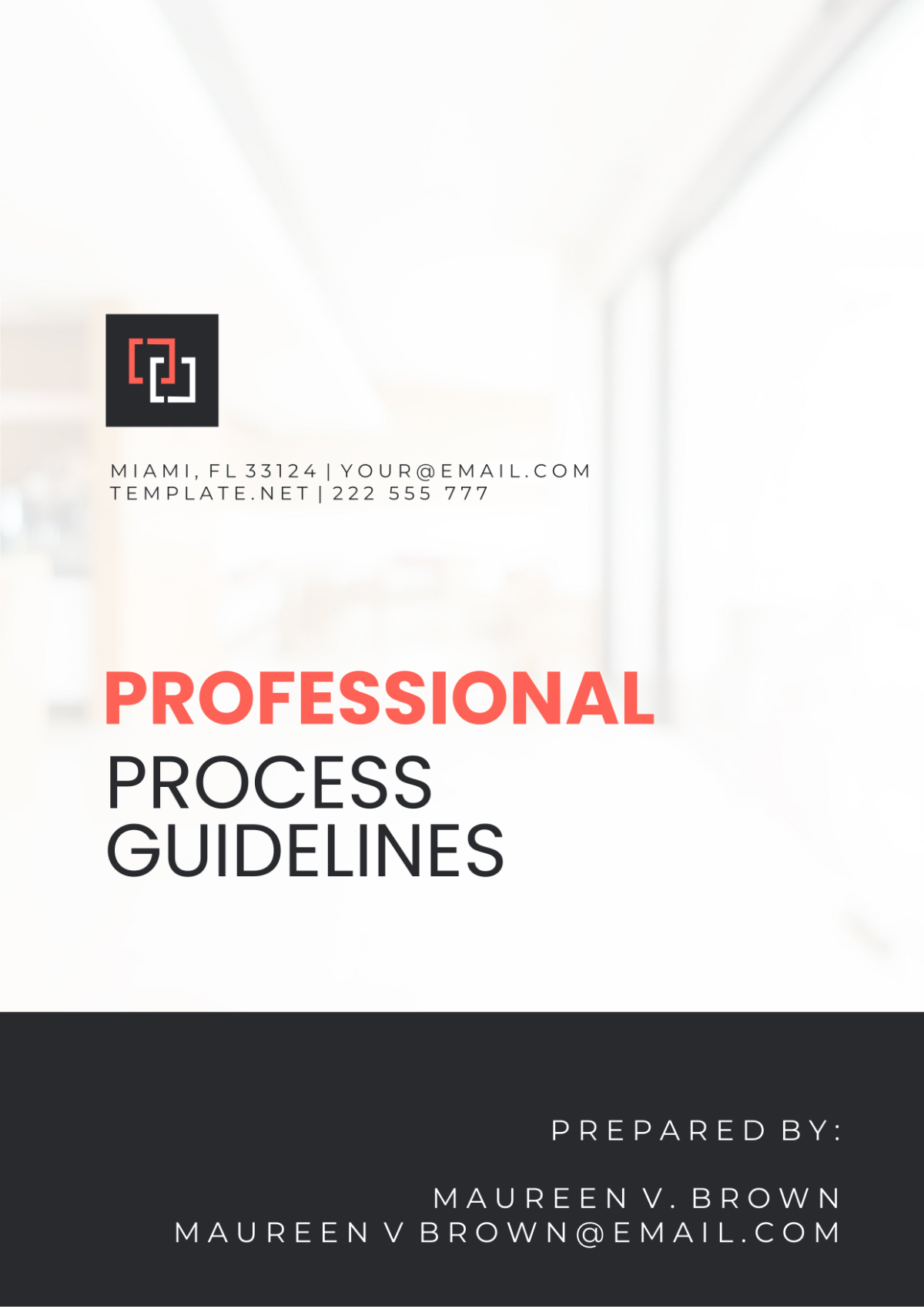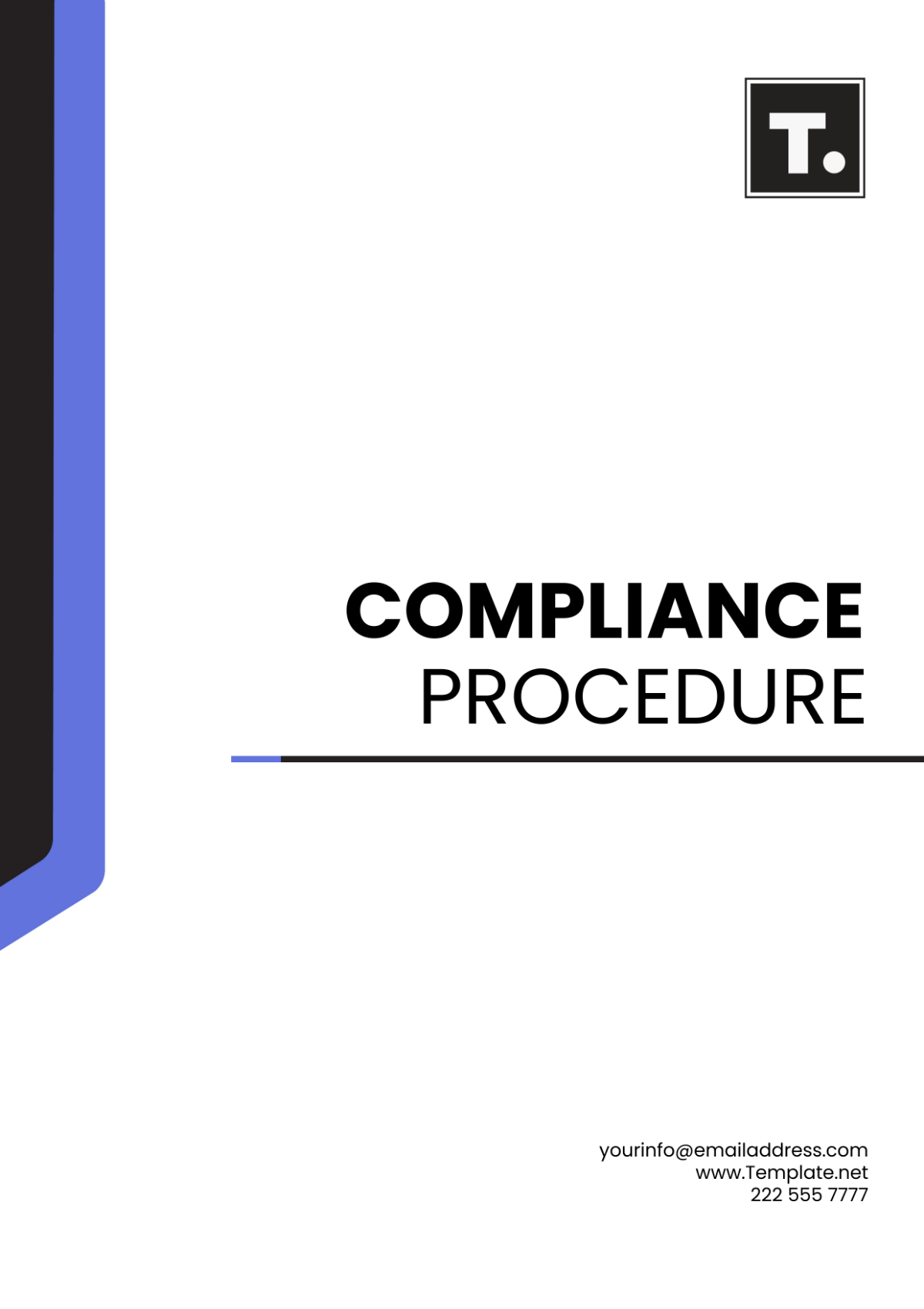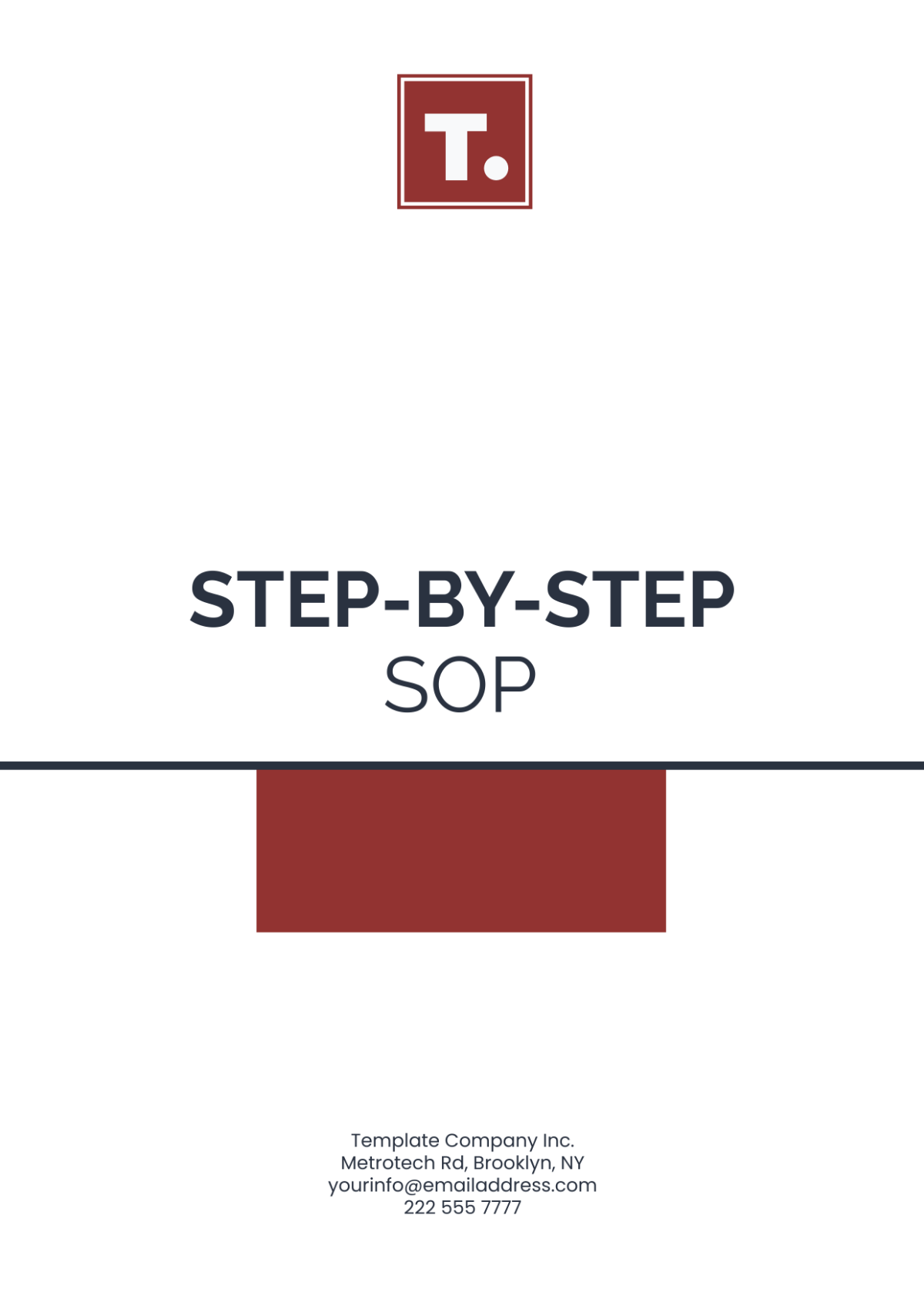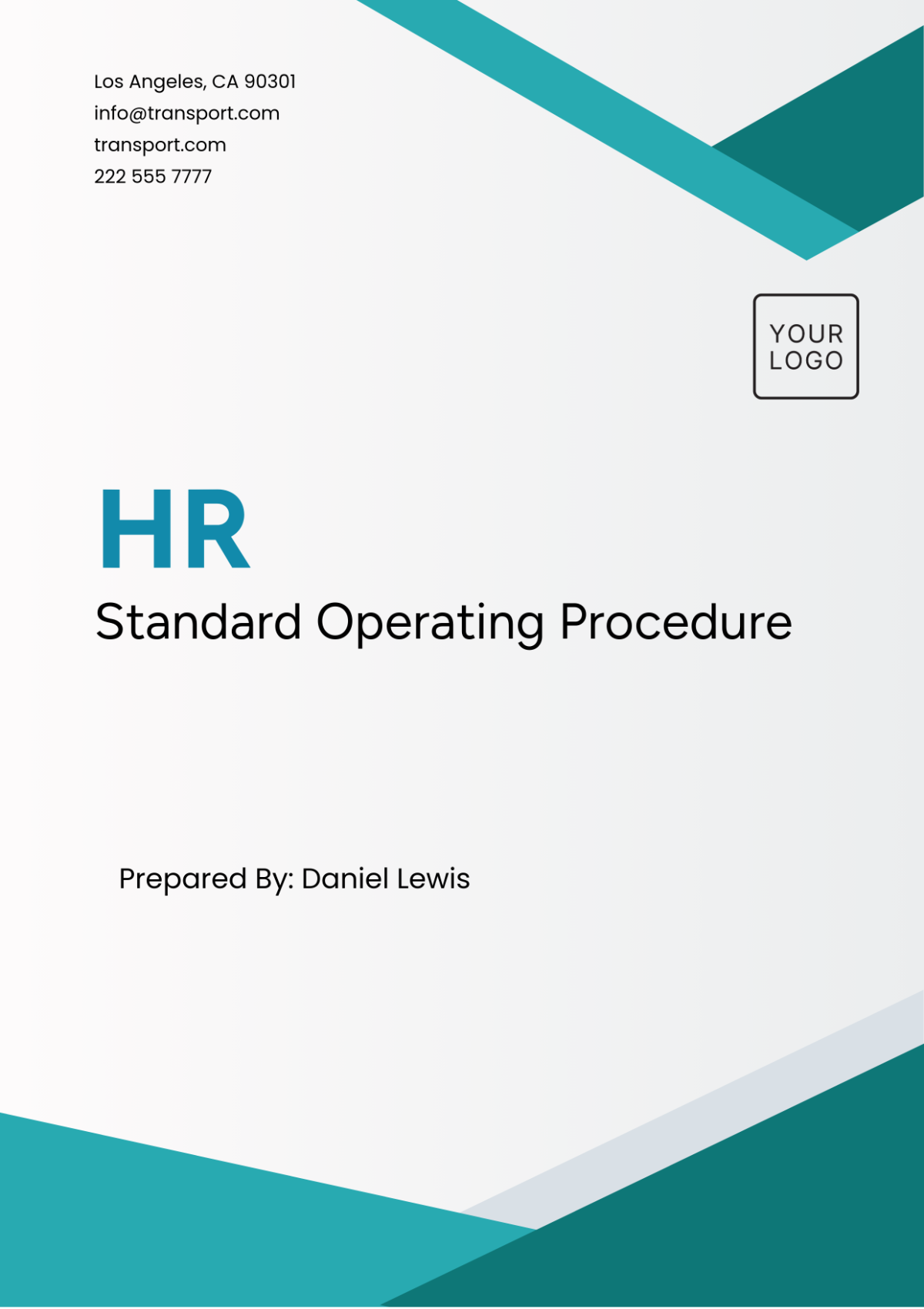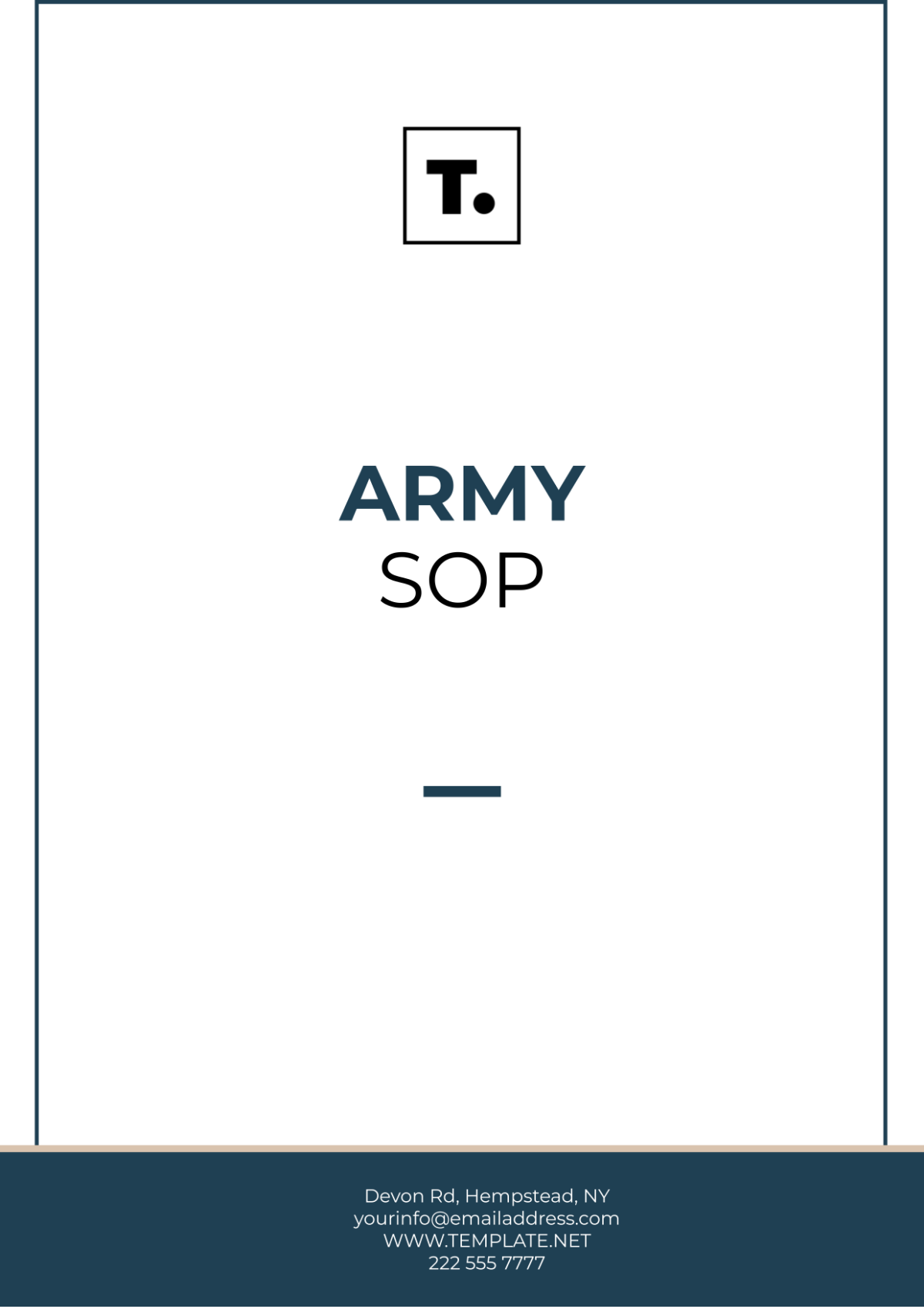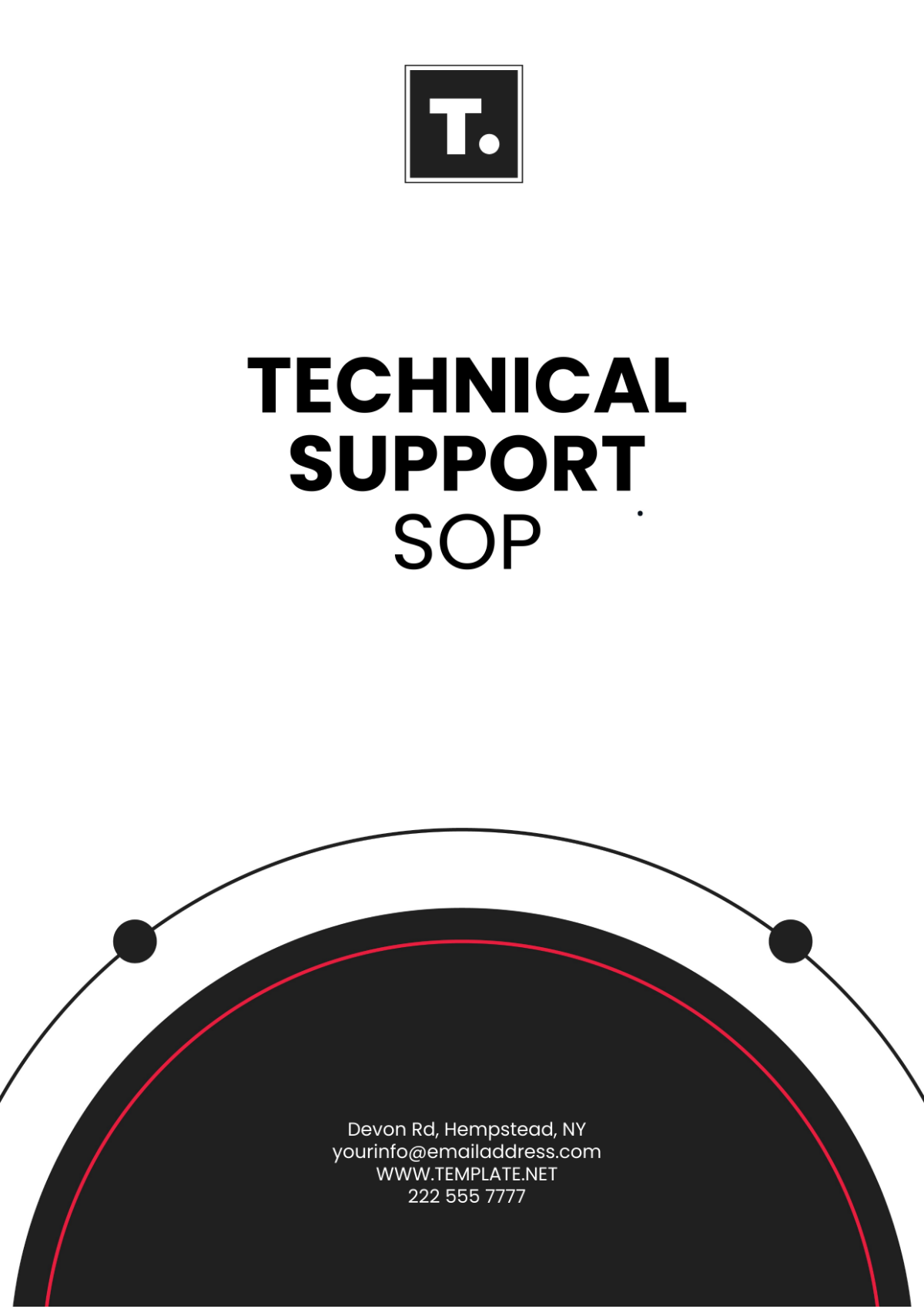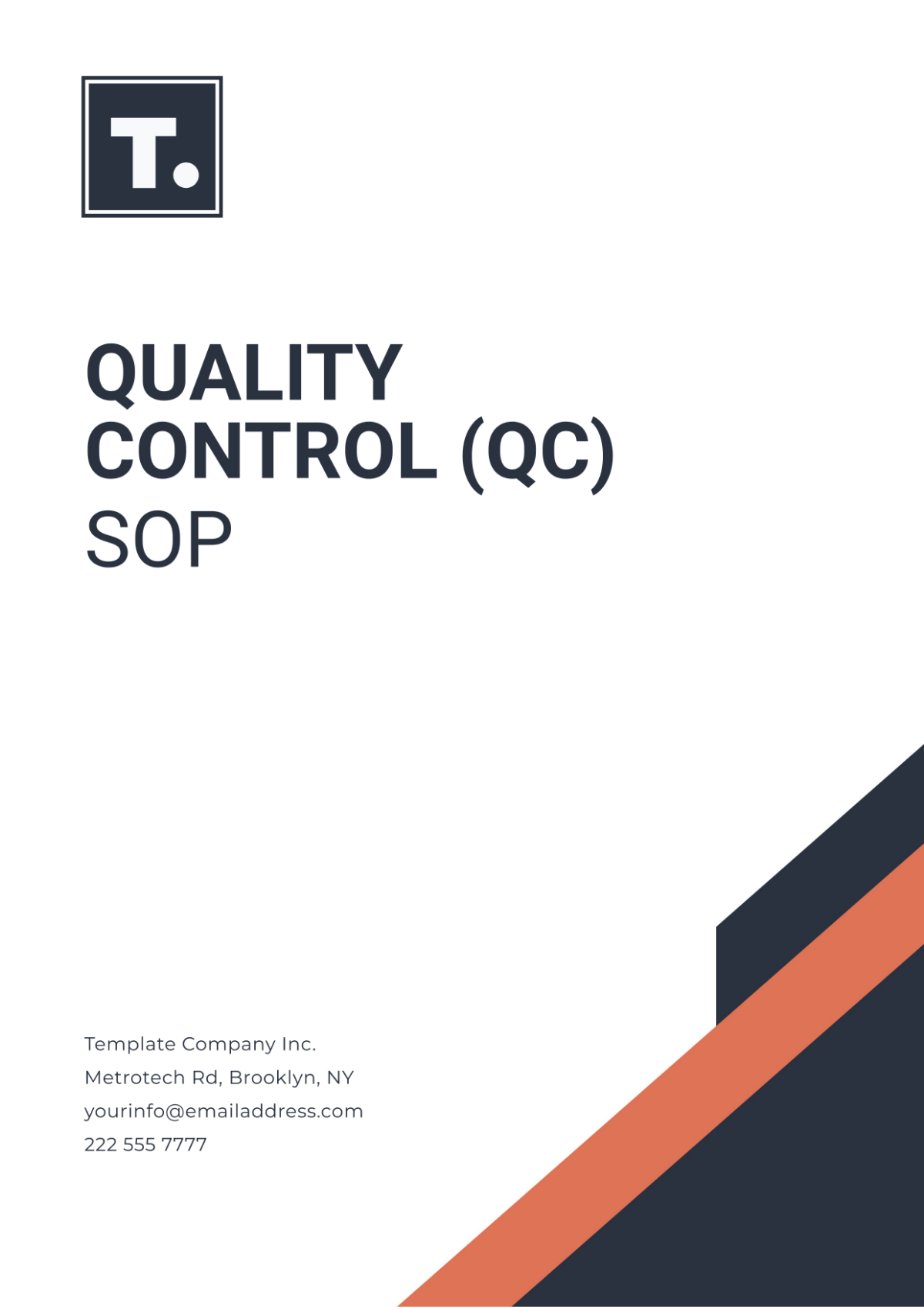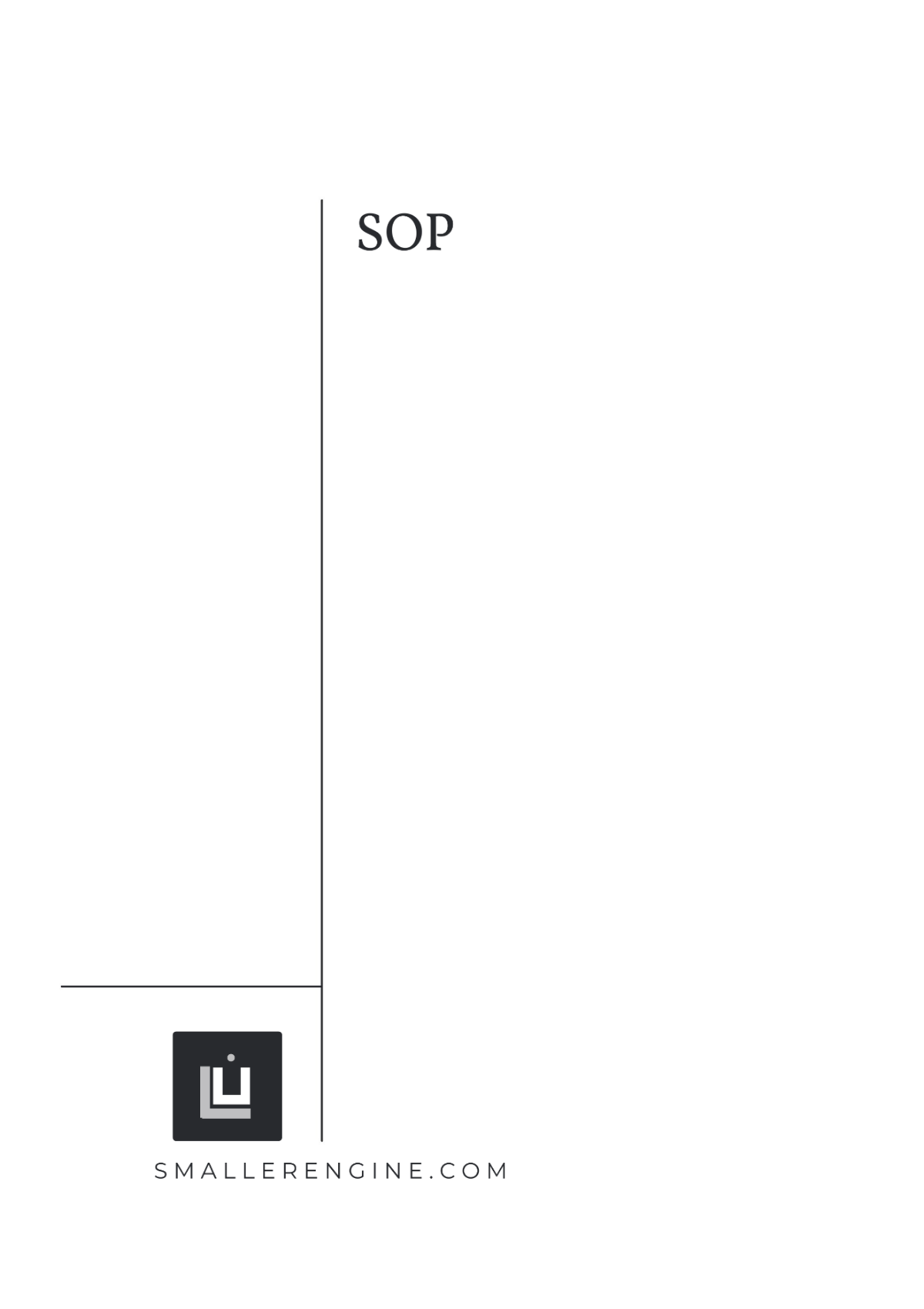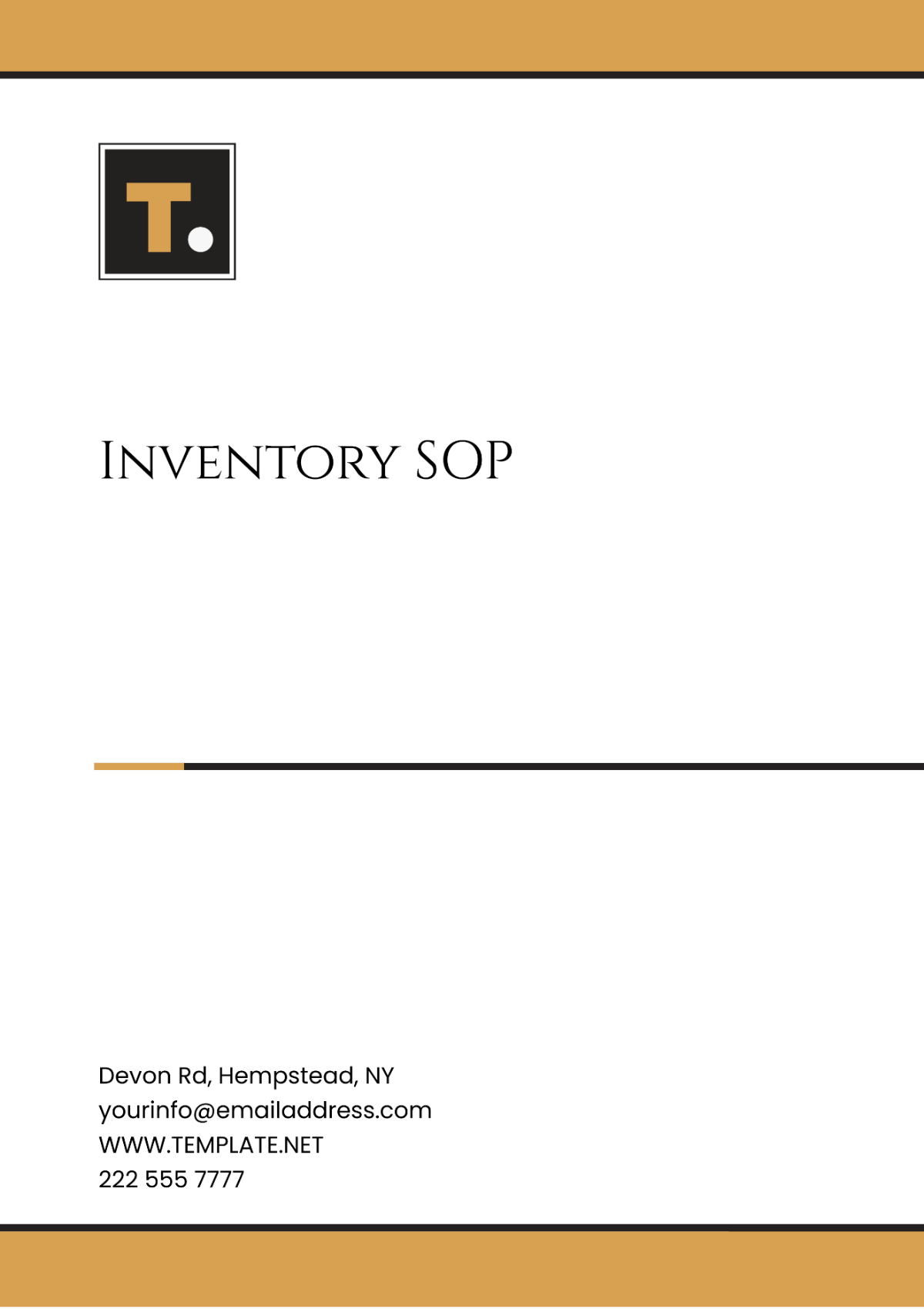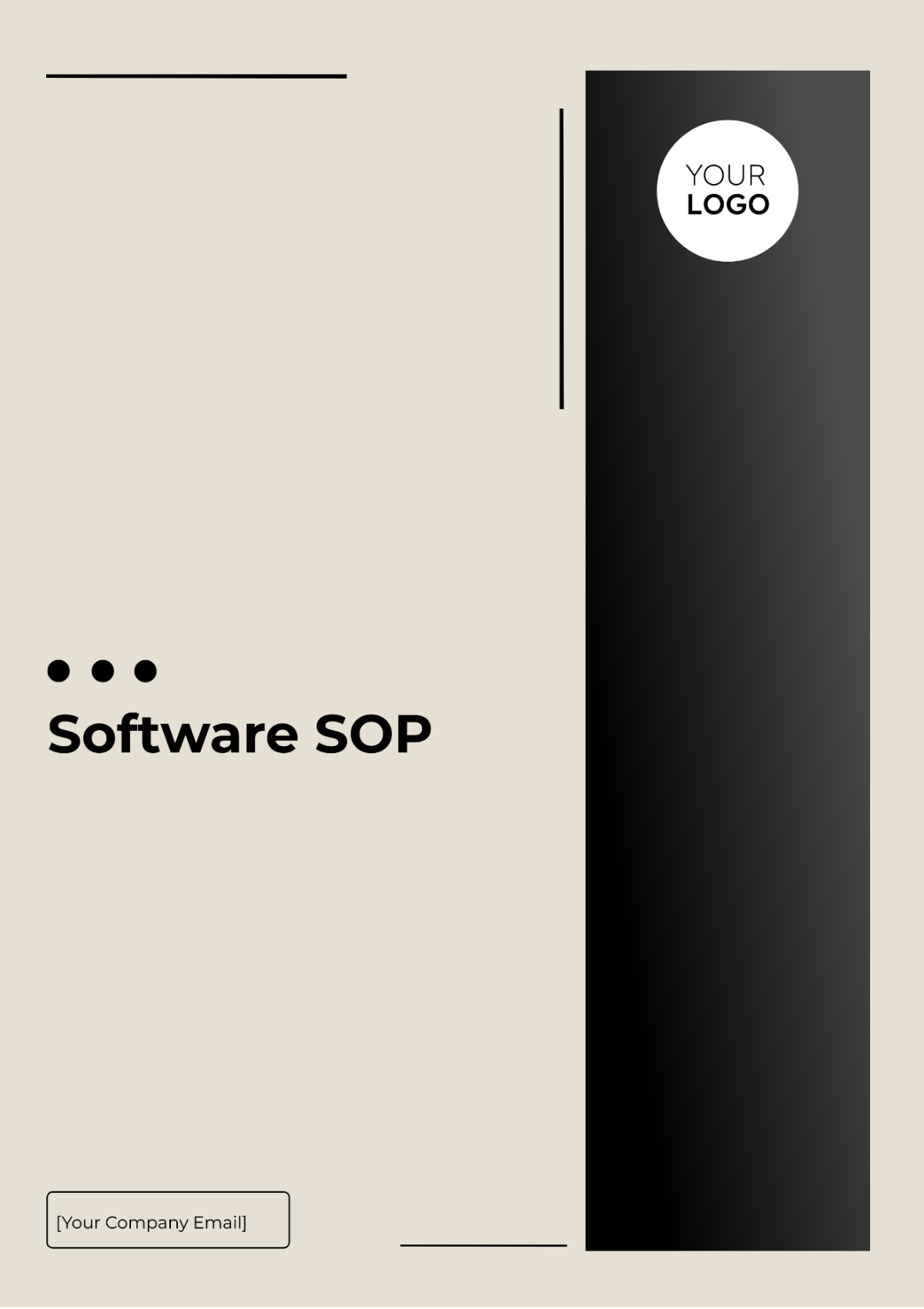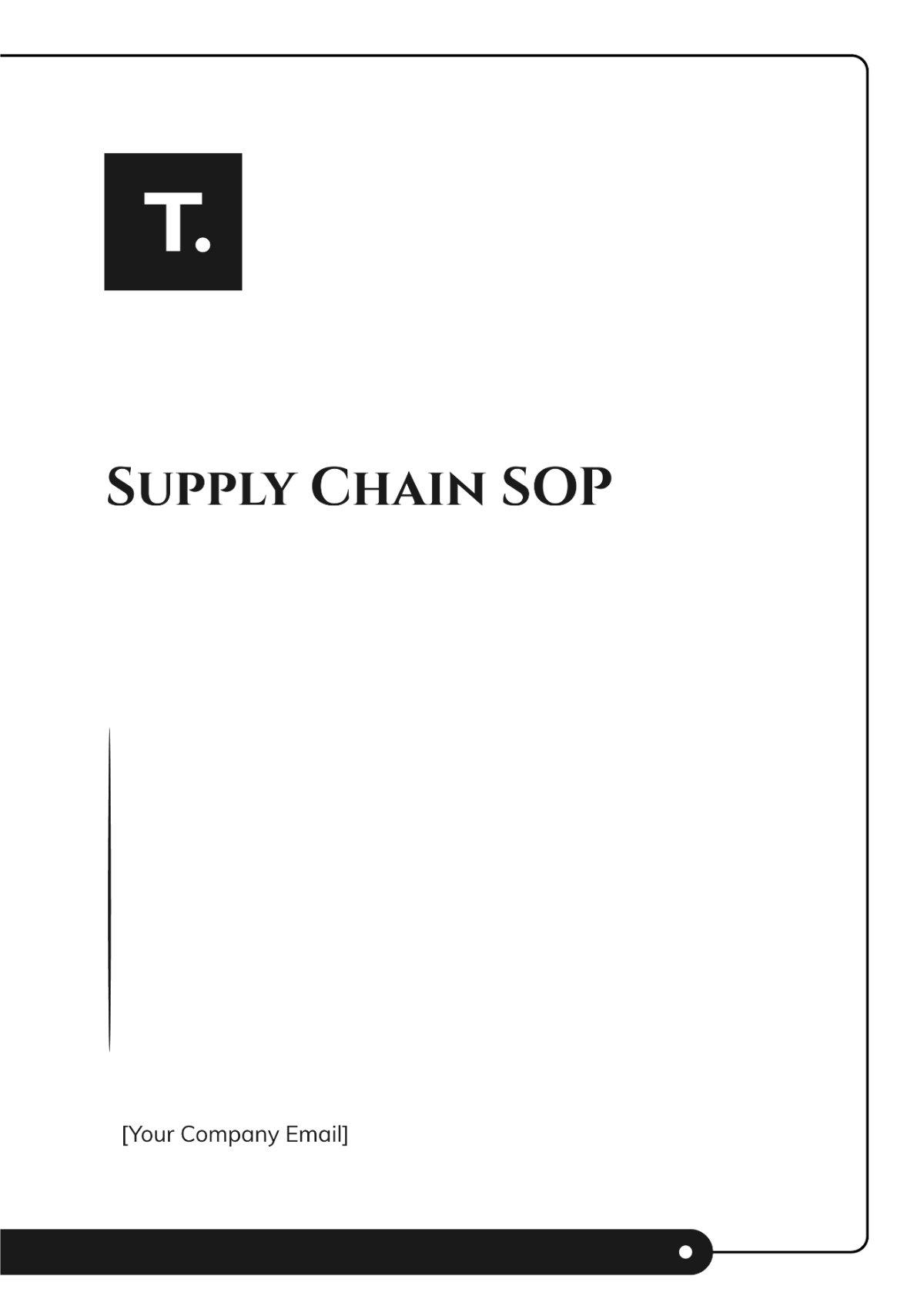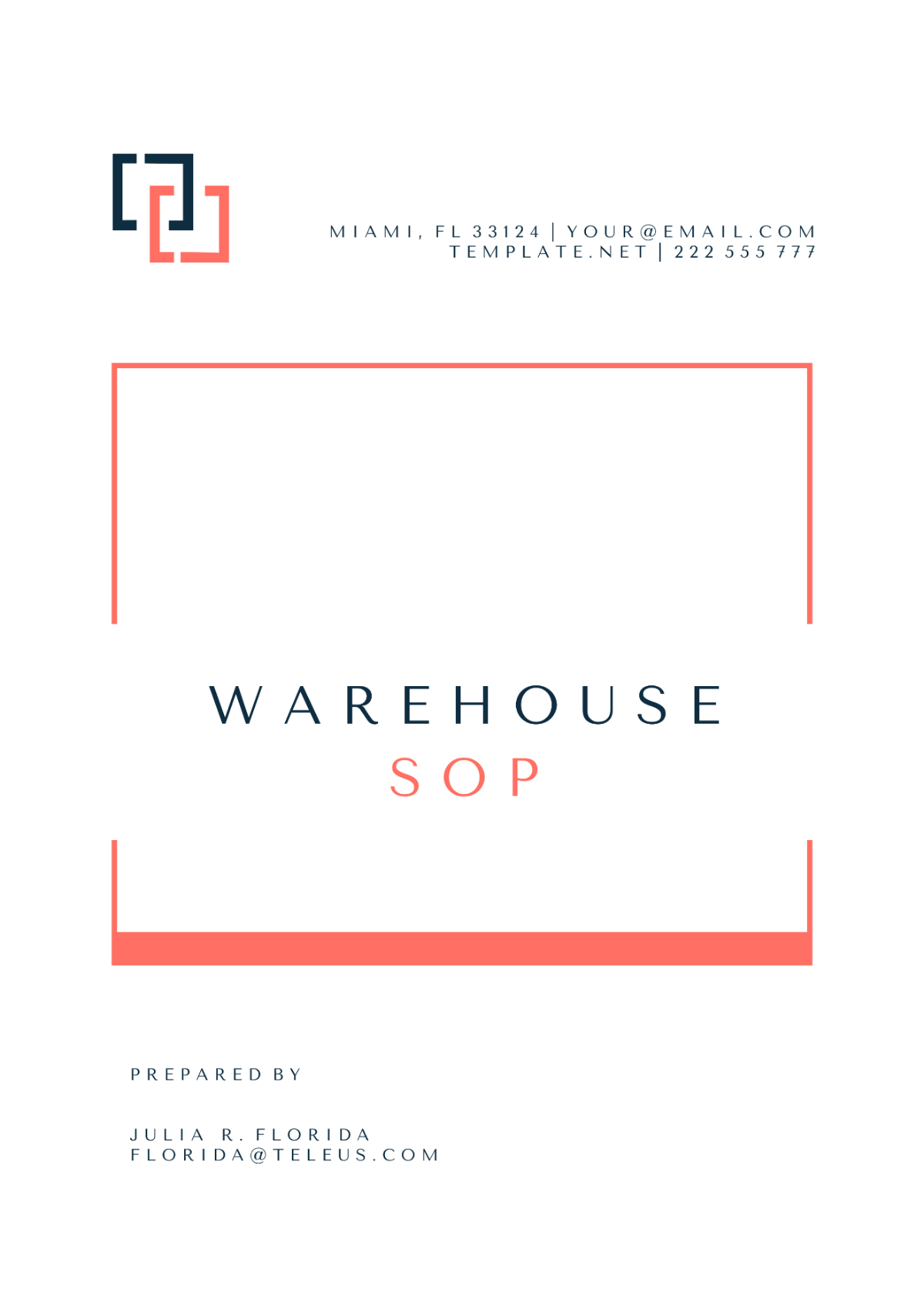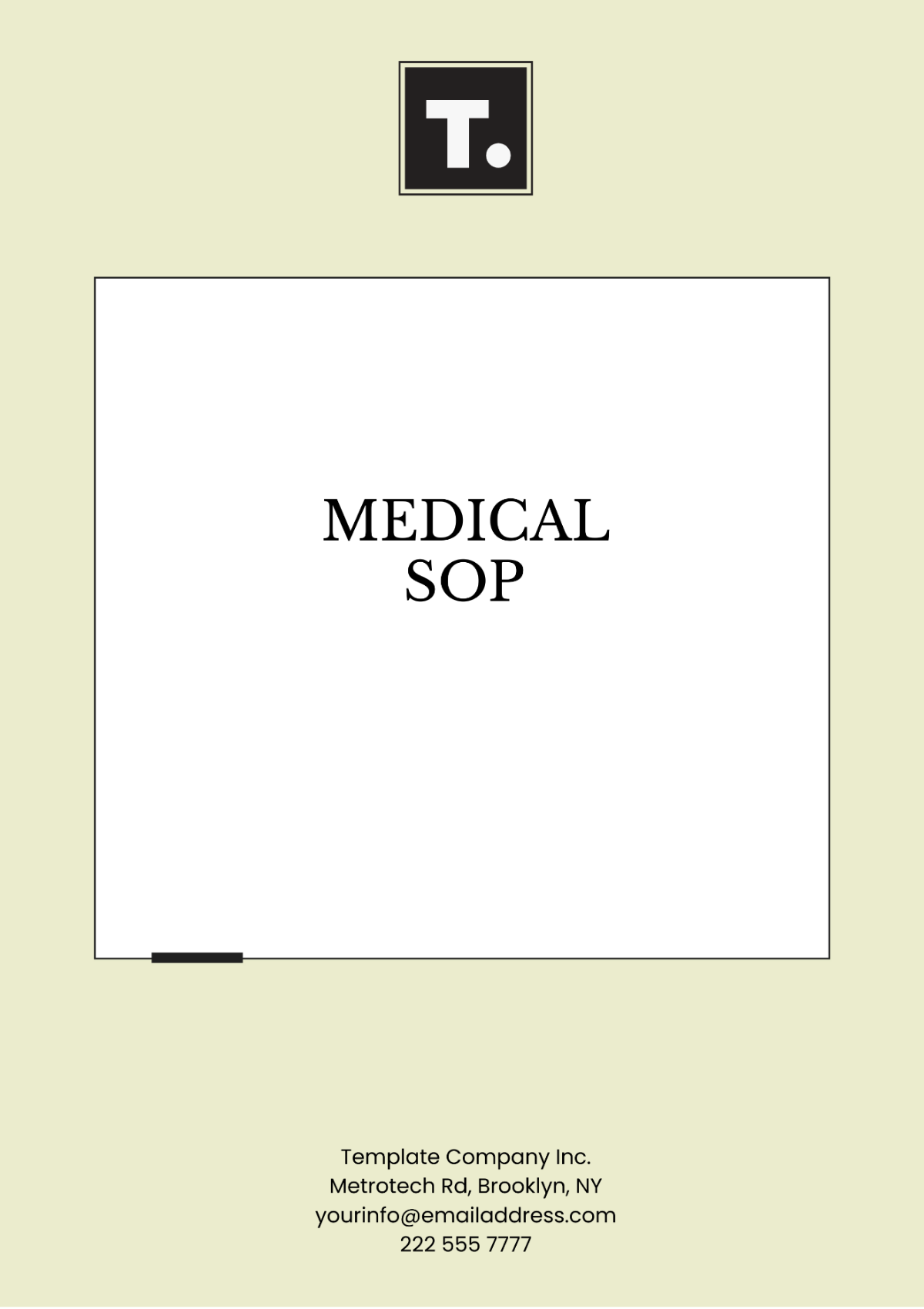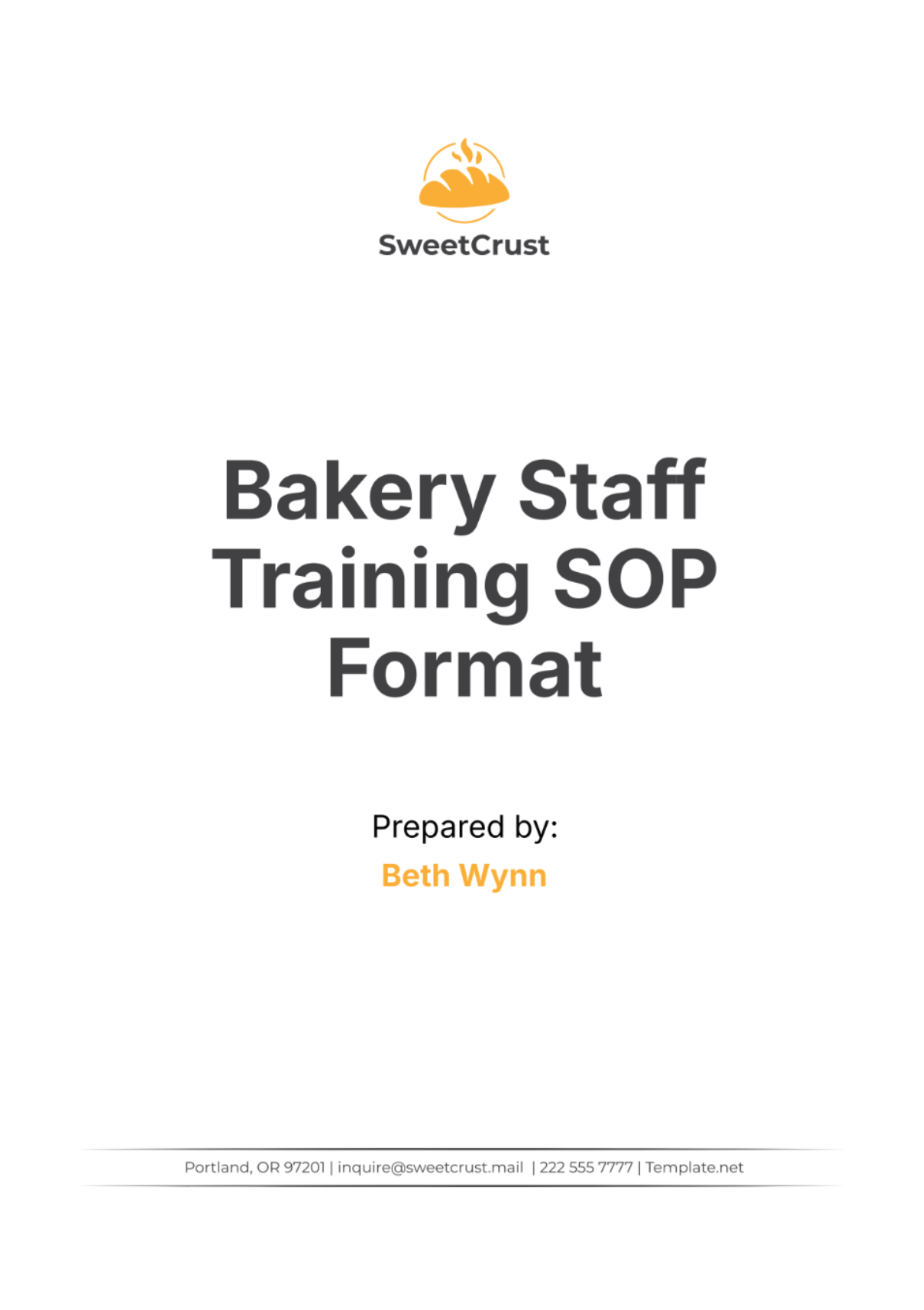Free Payroll SOP Template
Payroll Standard Operating Procedure (SOP)
I. Objective
The objective of this SOP is to establish standardized procedures for payroll processing to ensure accuracy, compliance, and timeliness in disbursing employee payments.
II. Scope
This SOP applies to all employees involved in payroll processing, including HR personnel, finance team members, payroll administrators, and department heads responsible for providing payroll-related information.
III. Responsibilities
3.1 Human Resources (HR) Department
Maintain accurate and up-to-date employee records, including personal details, employment status, and compensation information.
Ensure compliance with employment laws and company policies related to payroll.
Provide timely updates on employee status changes (e.g., new hires, terminations, promotions) to the payroll department.
3.2 Finance/Accounting Department
Oversee payroll budgeting and fund allocation.
Validate payroll calculations and authorize payroll payments.
Reconcile payroll transactions with accounting records to ensure accuracy and compliance.
3.3 Payroll Administrator
Execute payroll processing based on the approved payroll schedule.
Calculate wages, salaries, bonuses, and deductions accurately.
Address employee inquiries related to payroll promptly.
IV. Payroll Processing Procedures
4.1 Payroll Preparation
HR department submits updated employee records to the payroll administrator by the 20th of each month.
The payroll administrator verifies and updates employee data in the payroll system.
4.2 Payroll Calculations
The payroll administrator calculates gross wages based on hours worked and rates of pay.
Deductions (taxes, benefits, retirement contributions) are applied accurately.
Overtime calculations are included where applicable.
4.3 Payroll Review and Approval
The payroll administrator reviews payroll calculations for accuracy and compliance with company policies and applicable laws.
Any discrepancies are investigated and resolved promptly.
4.4 Payment Processing
Payroll payments (direct deposits, checks, etc.) are processed on the last business day of each month.
Pay stubs are distributed to employees electronically or via mail.
V. Timelines and Deadlines
5.1 Monthly Payroll Cycle
Employee data submission deadline: 20th of each month.
Payroll processing completion: Last business day of each month.
5.2 Year-End Procedures
Issuance of annual W-2 forms to employees by January 31st.
Filing of annual payroll tax returns by February 28th.
VI. Guidelines and Compliance
6.1 Legal Compliance
Adhere to federal, state, and local labor laws and tax regulations.
Stay informed about changes in payroll-related laws and regulations.
6.2 Confidentiality and Data Security
Maintain confidentiality of employee payroll information.
Ensure secure storage and transmission of payroll data.
VII. Documentation and Record-Keeping
7.1 Payroll Records
Maintain comprehensive payroll records, including payroll registers, tax filings, and payment confirmations.
Archive payroll documents as per the organization's record retention policy.
7.2 Audit and Review
Conduct periodic audits of payroll processes to ensure accuracy and compliance.
Implement corrective actions based on audit findings to improve payroll operations.
This Payroll SOP is designed to serve as a guide for all personnel involved in payroll processing. It ensures consistency, accuracy, and compliance with organizational policies and regulatory requirements. All stakeholders are expected to adhere to this SOP to maintain efficient payroll operations within [Your Company Name].
